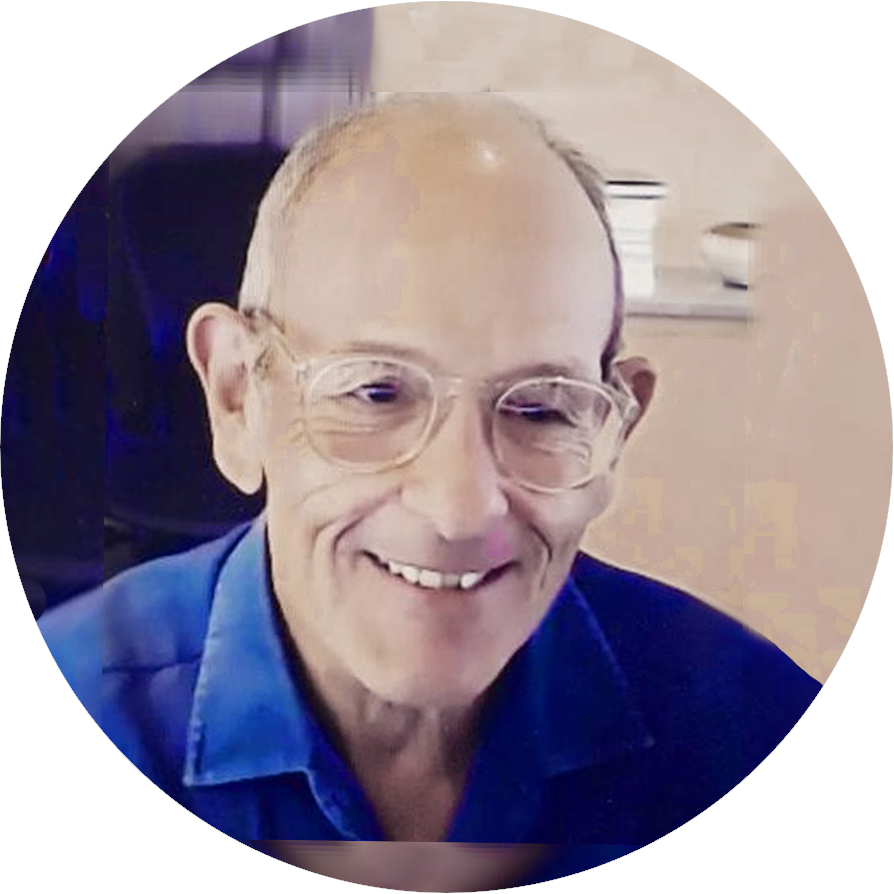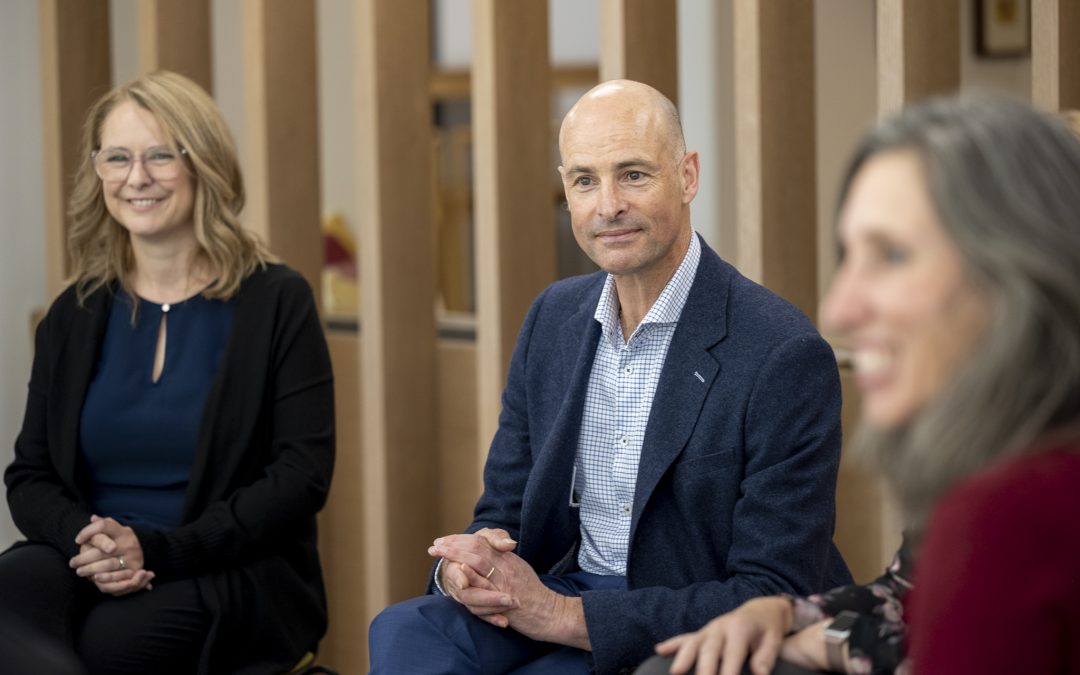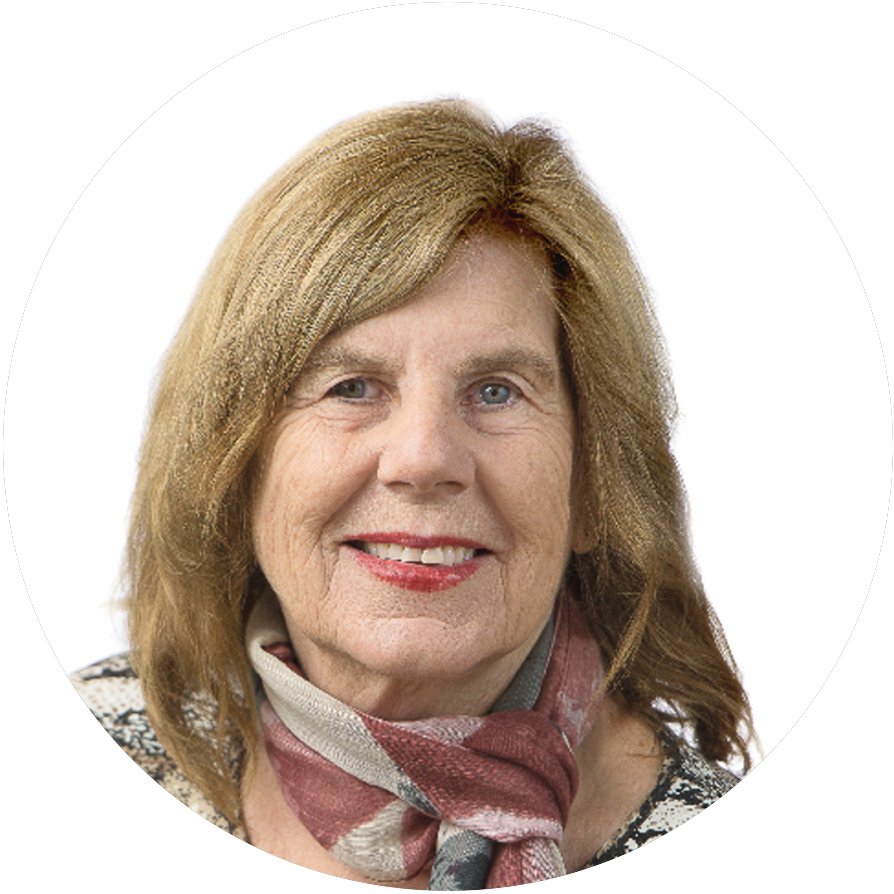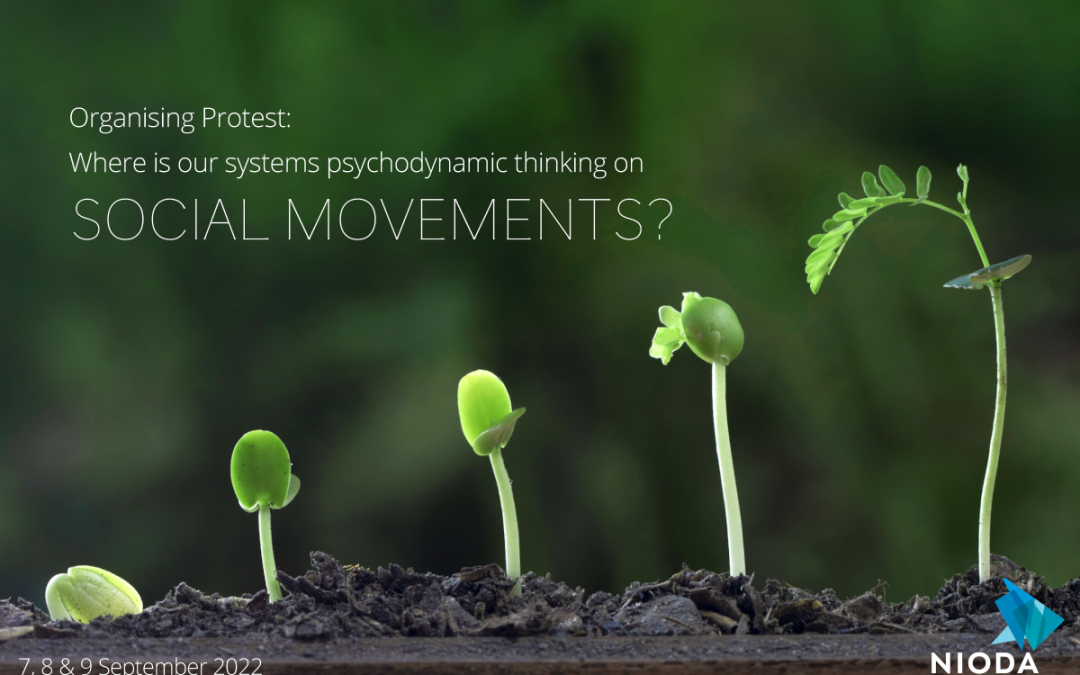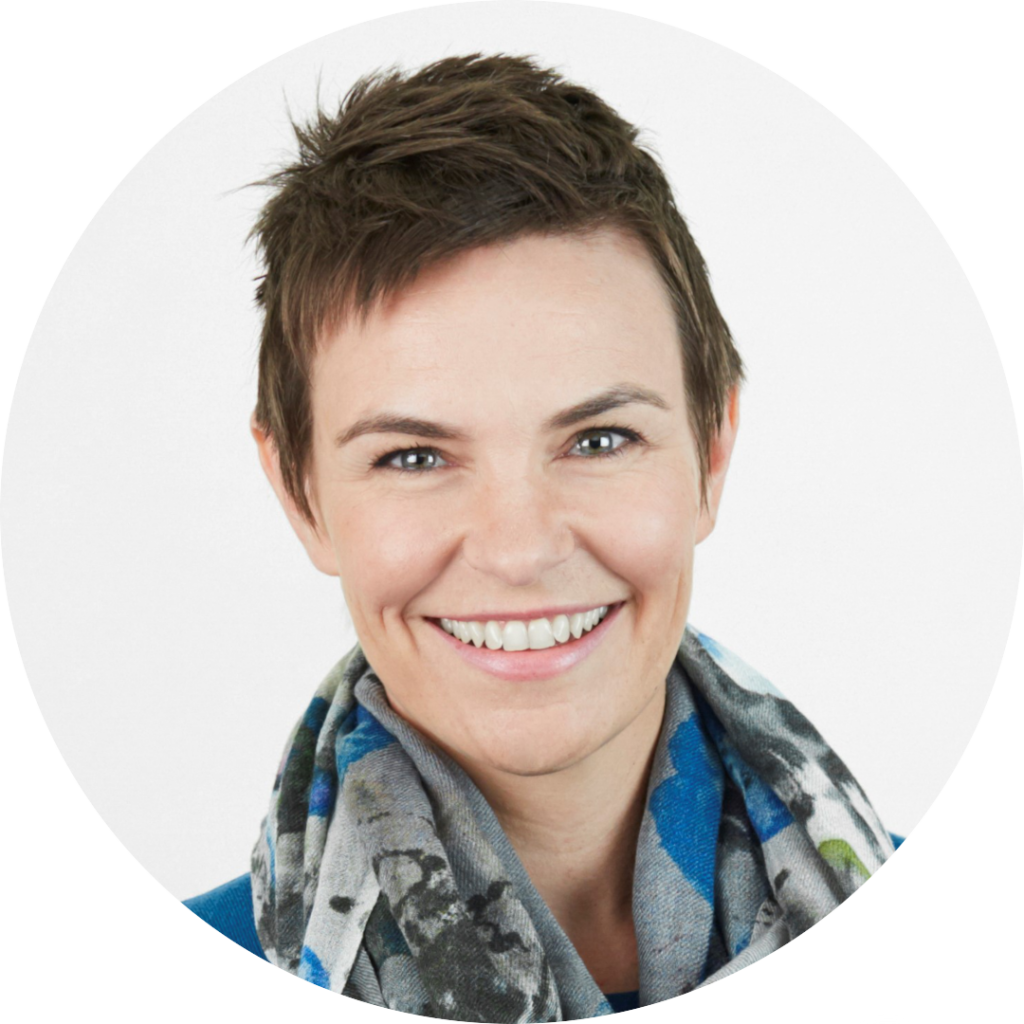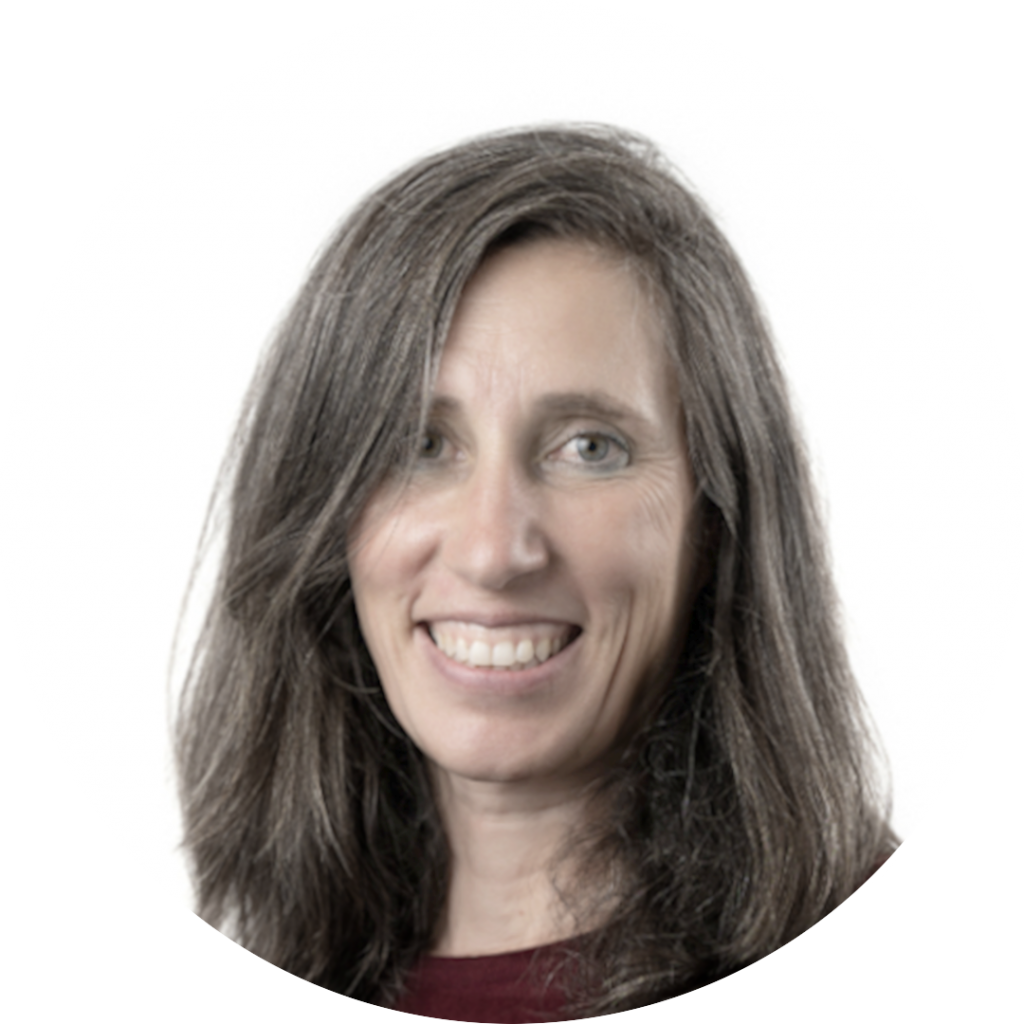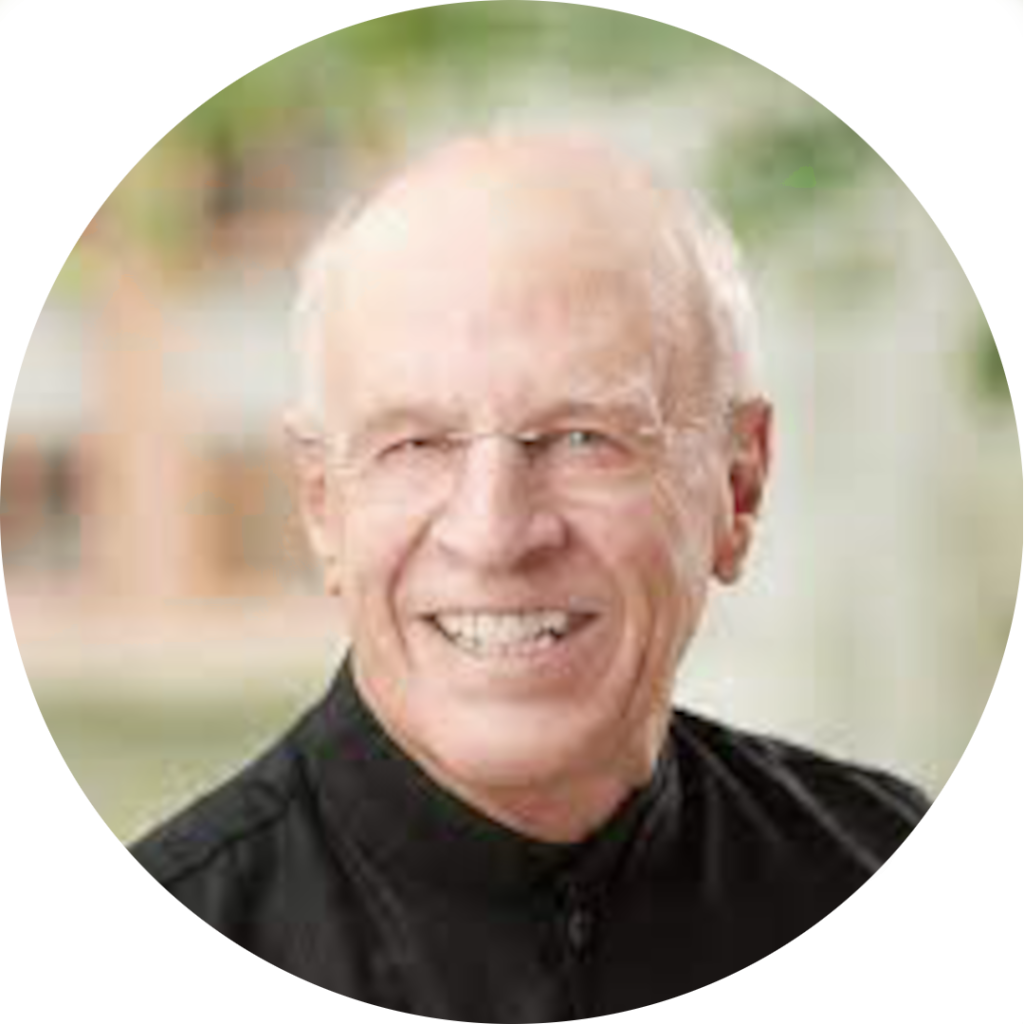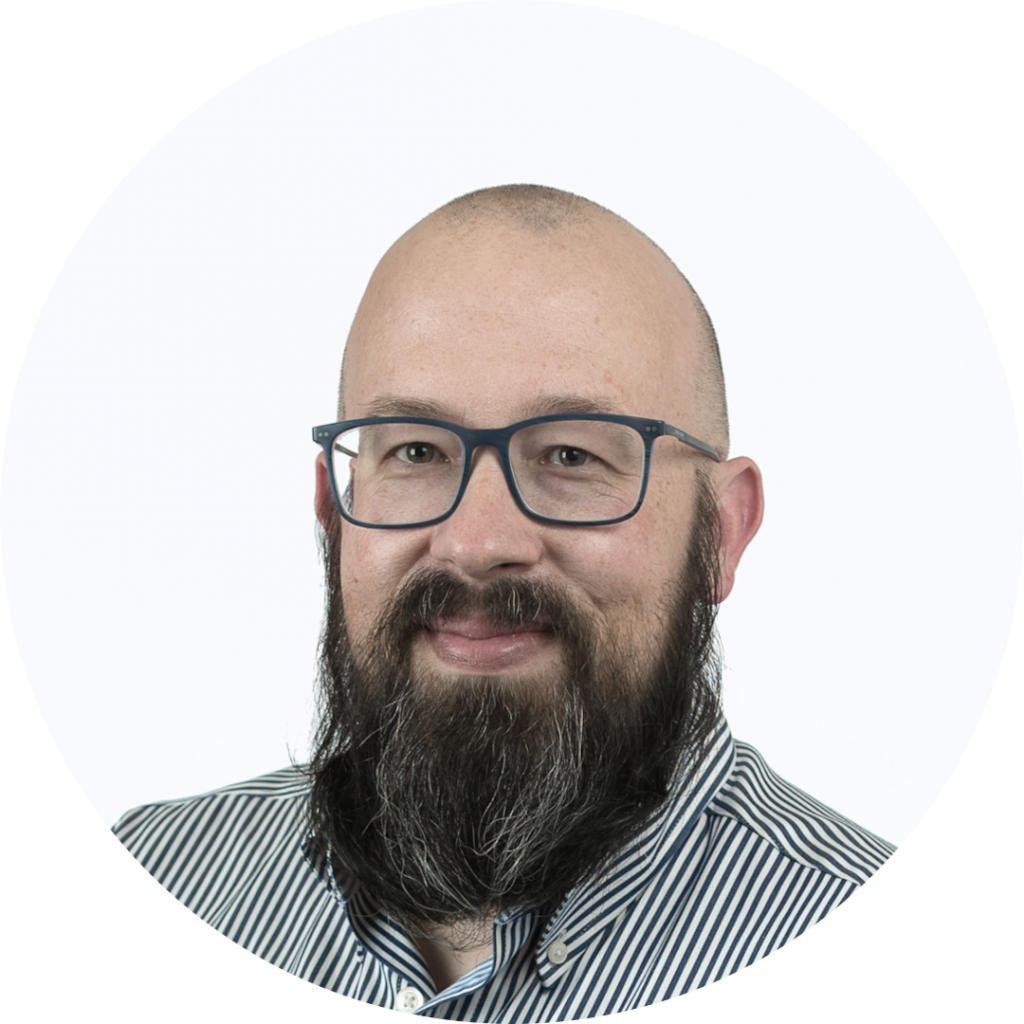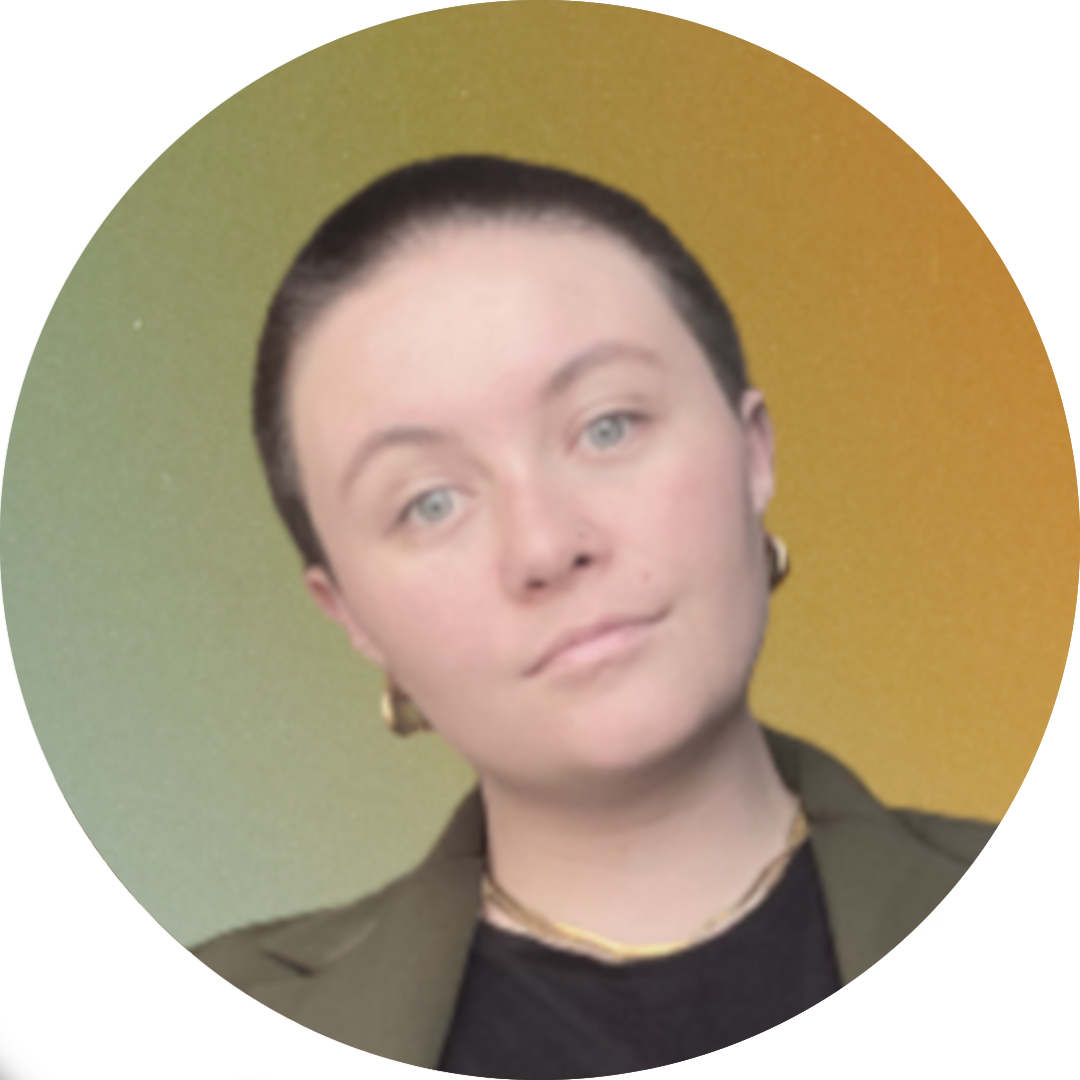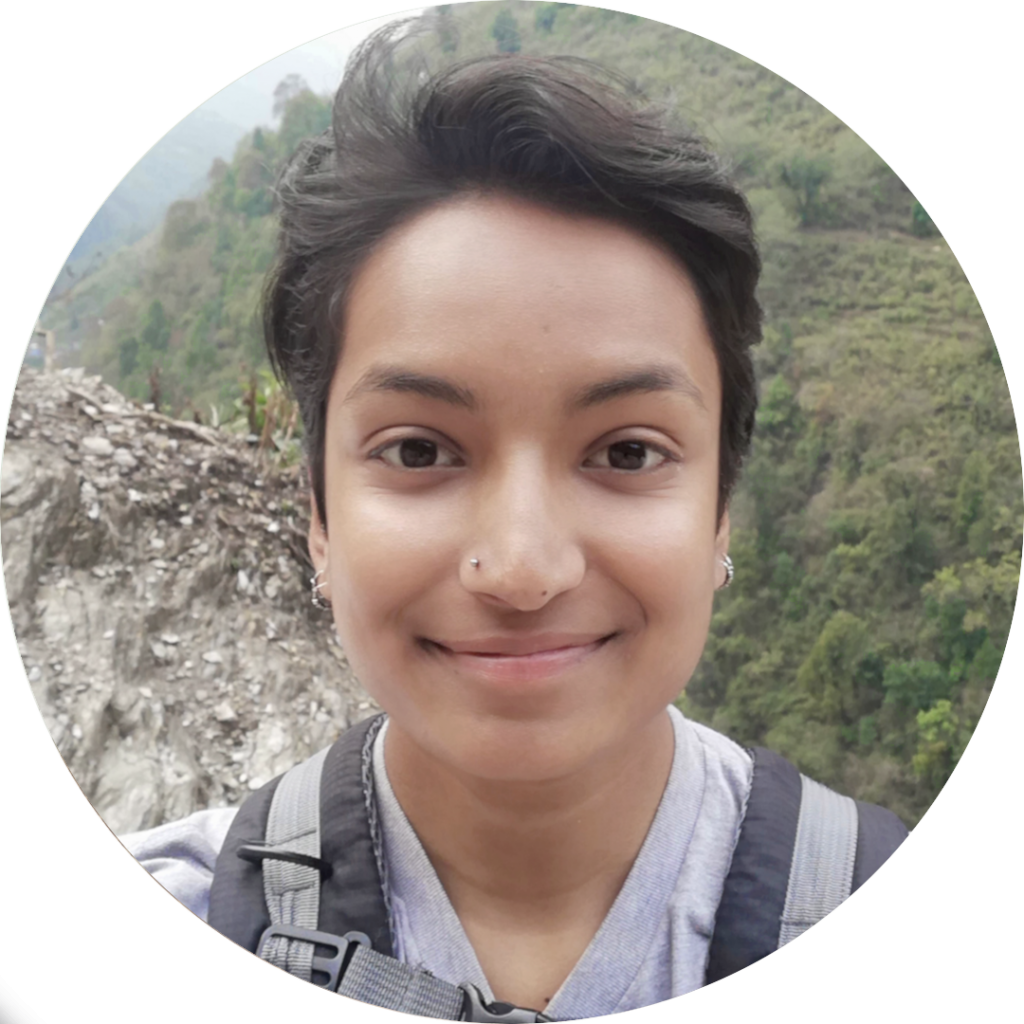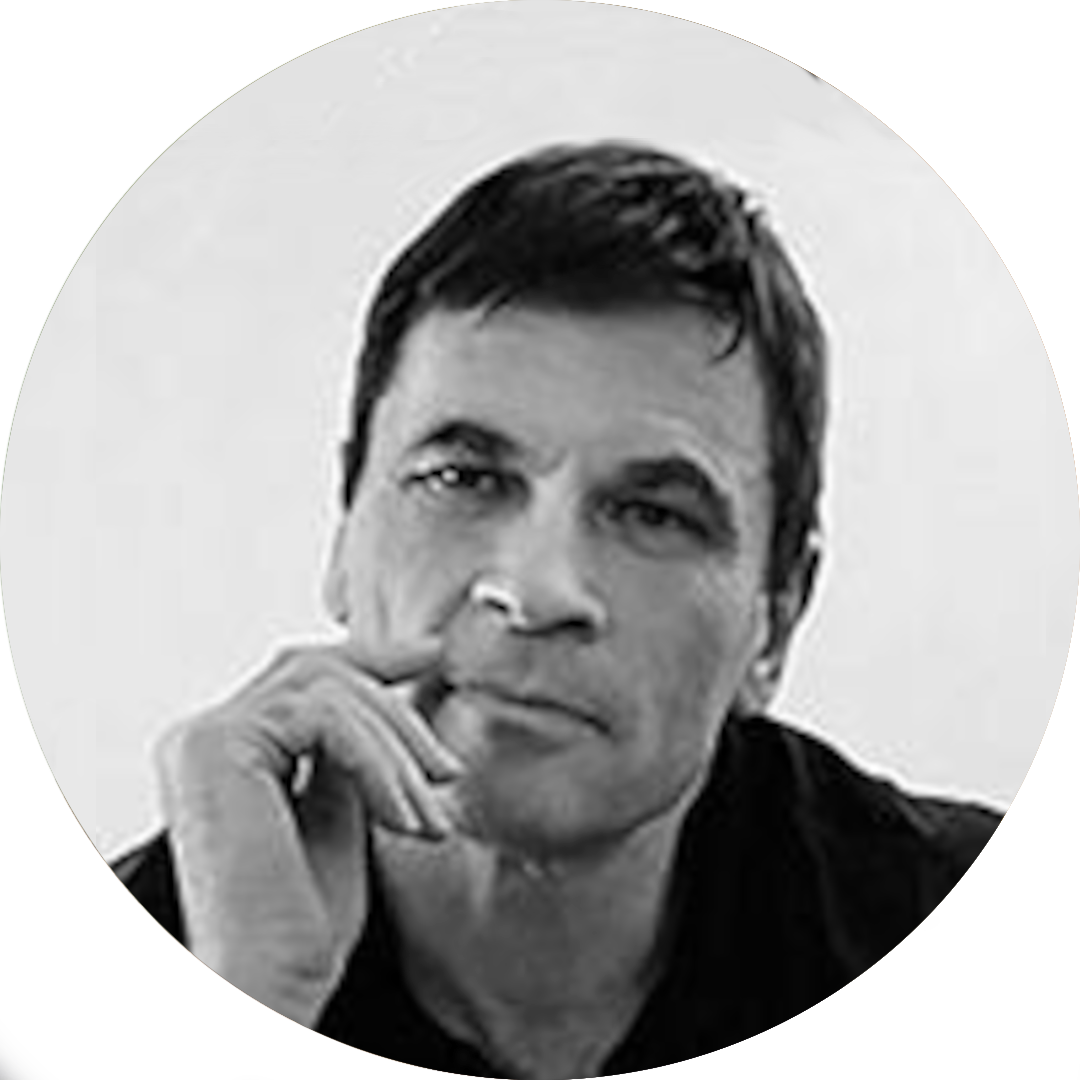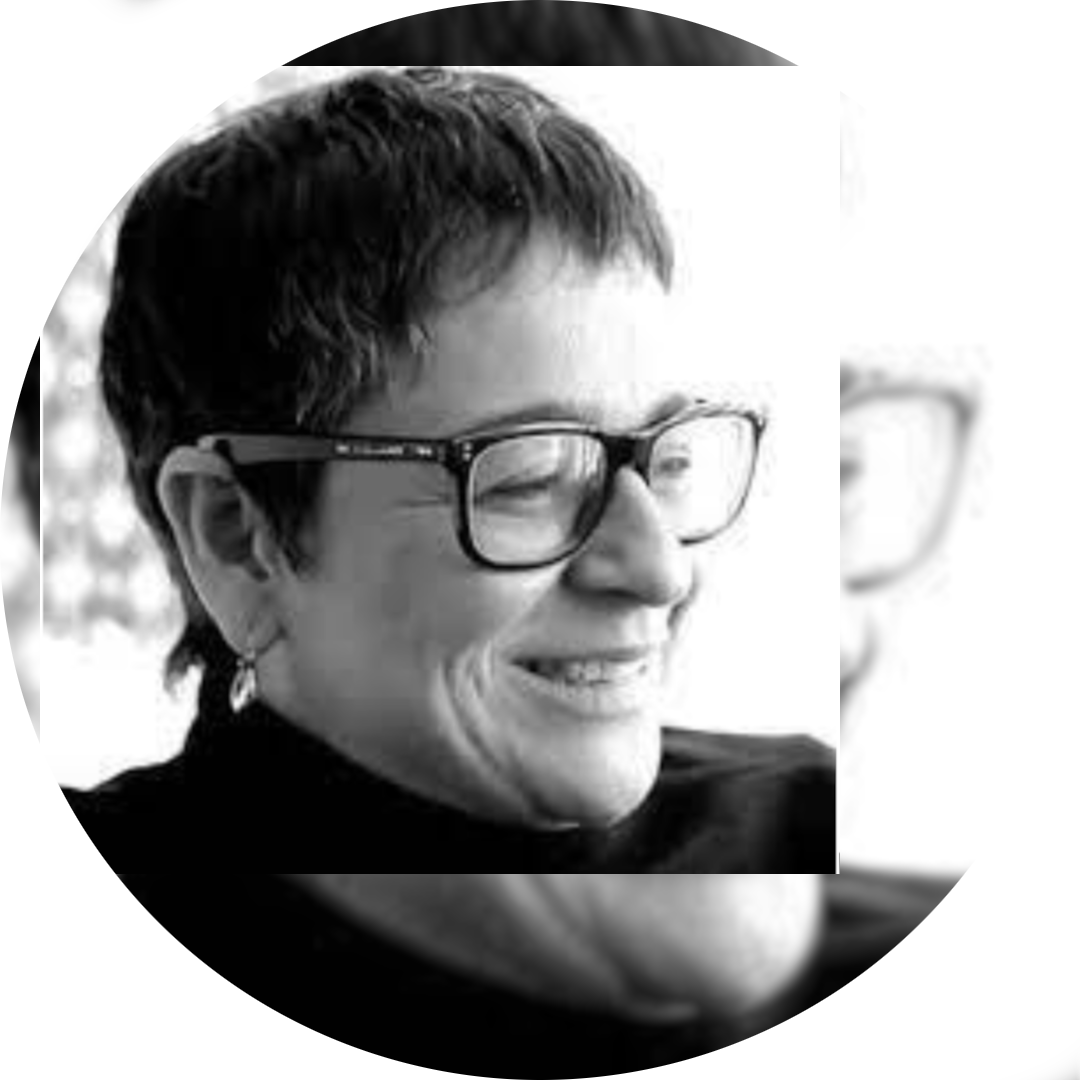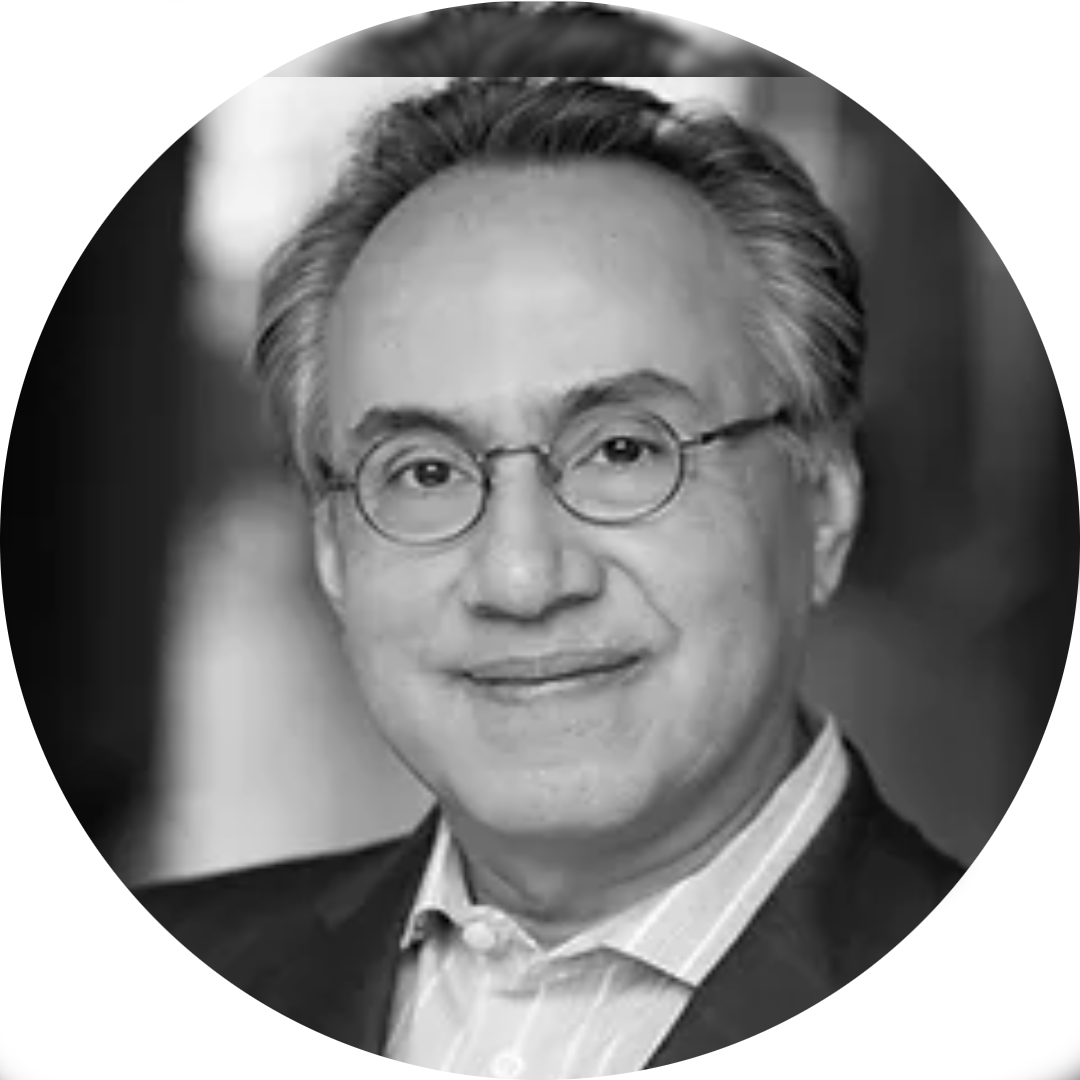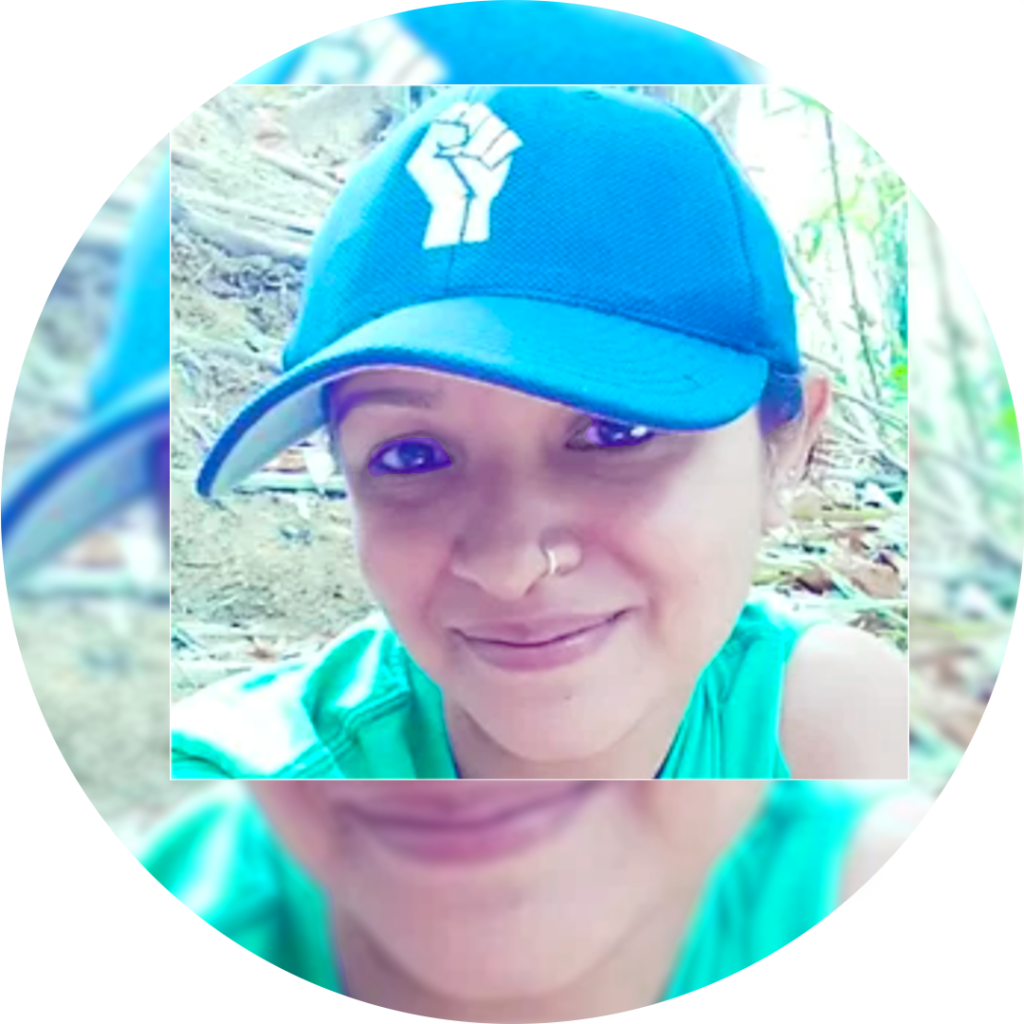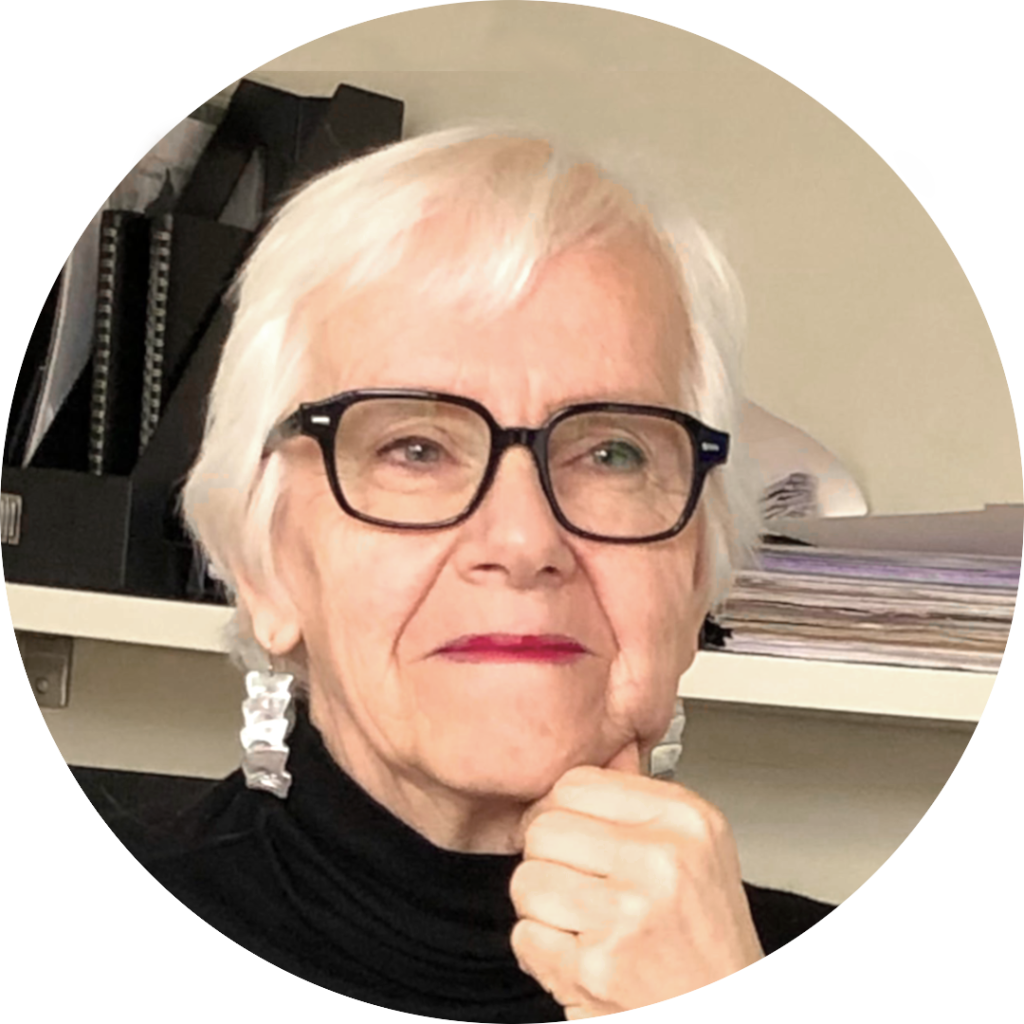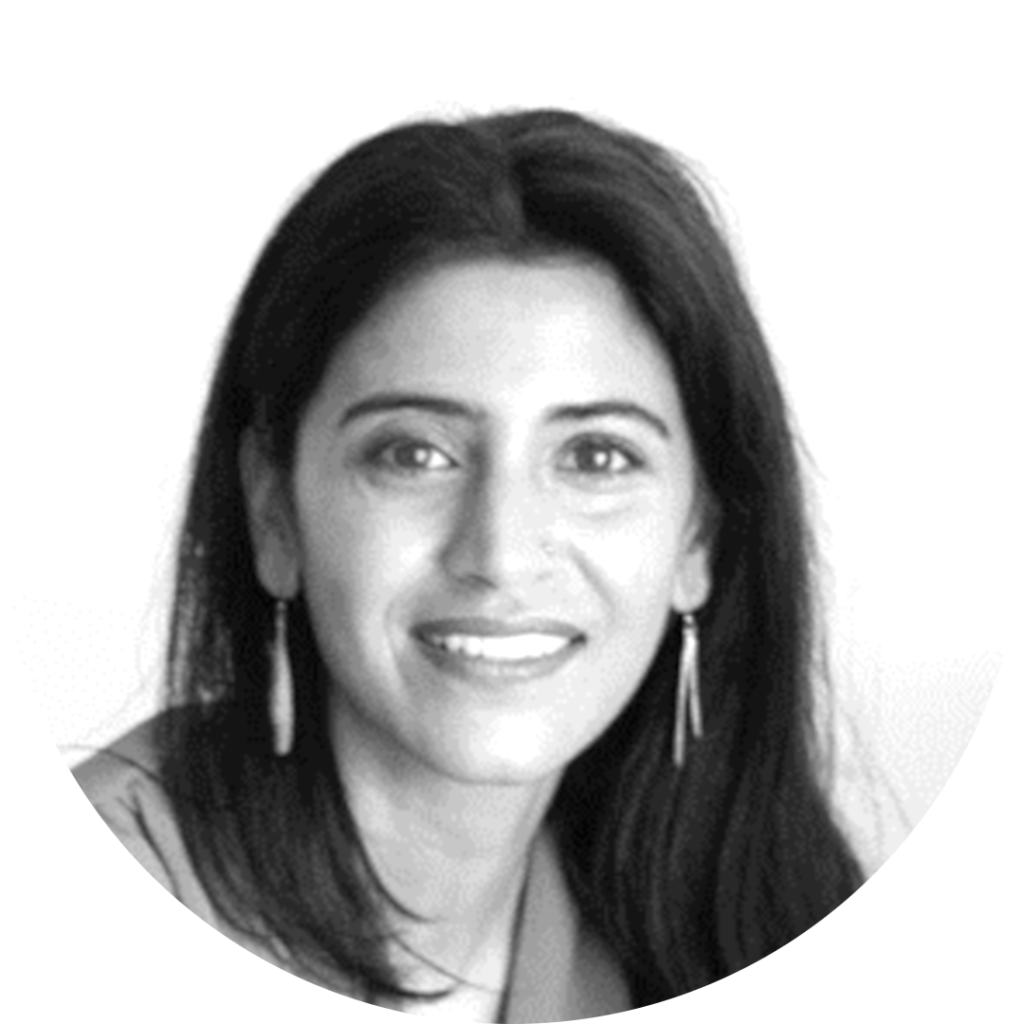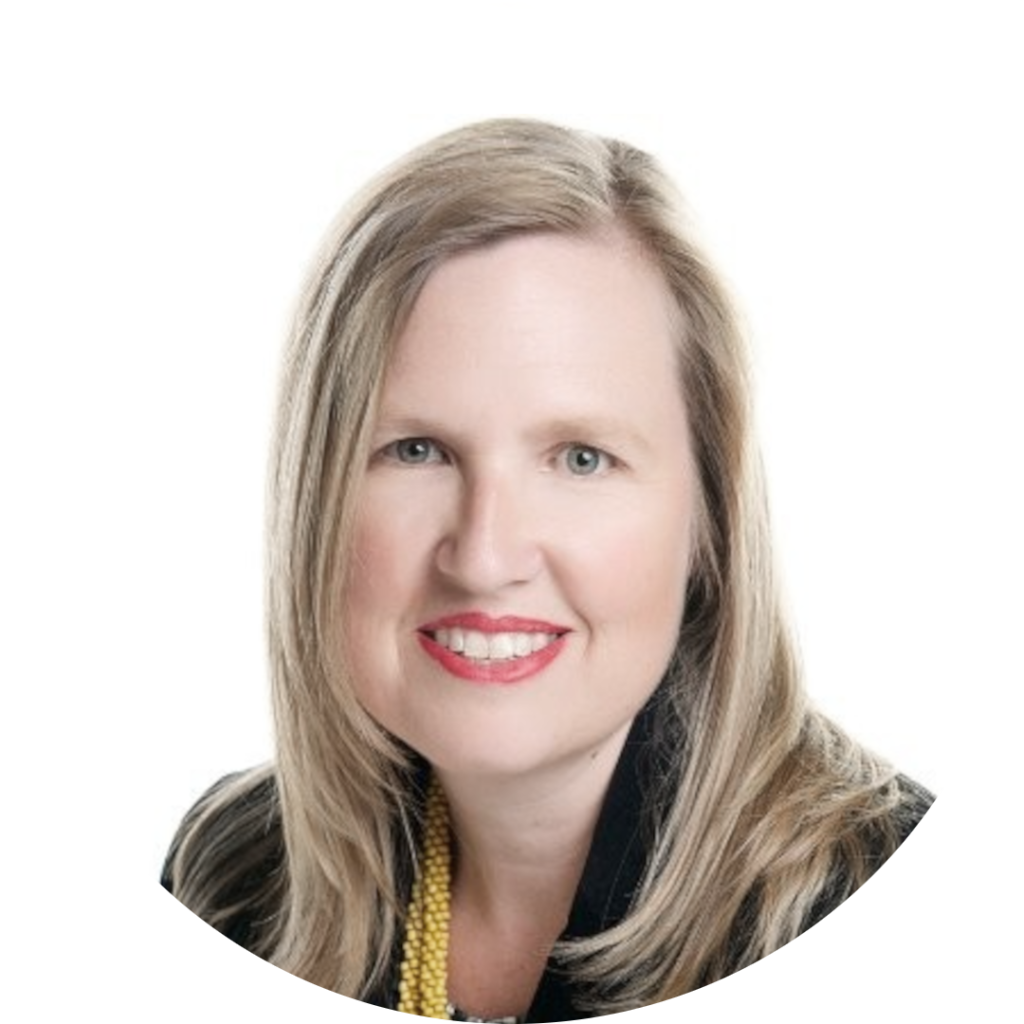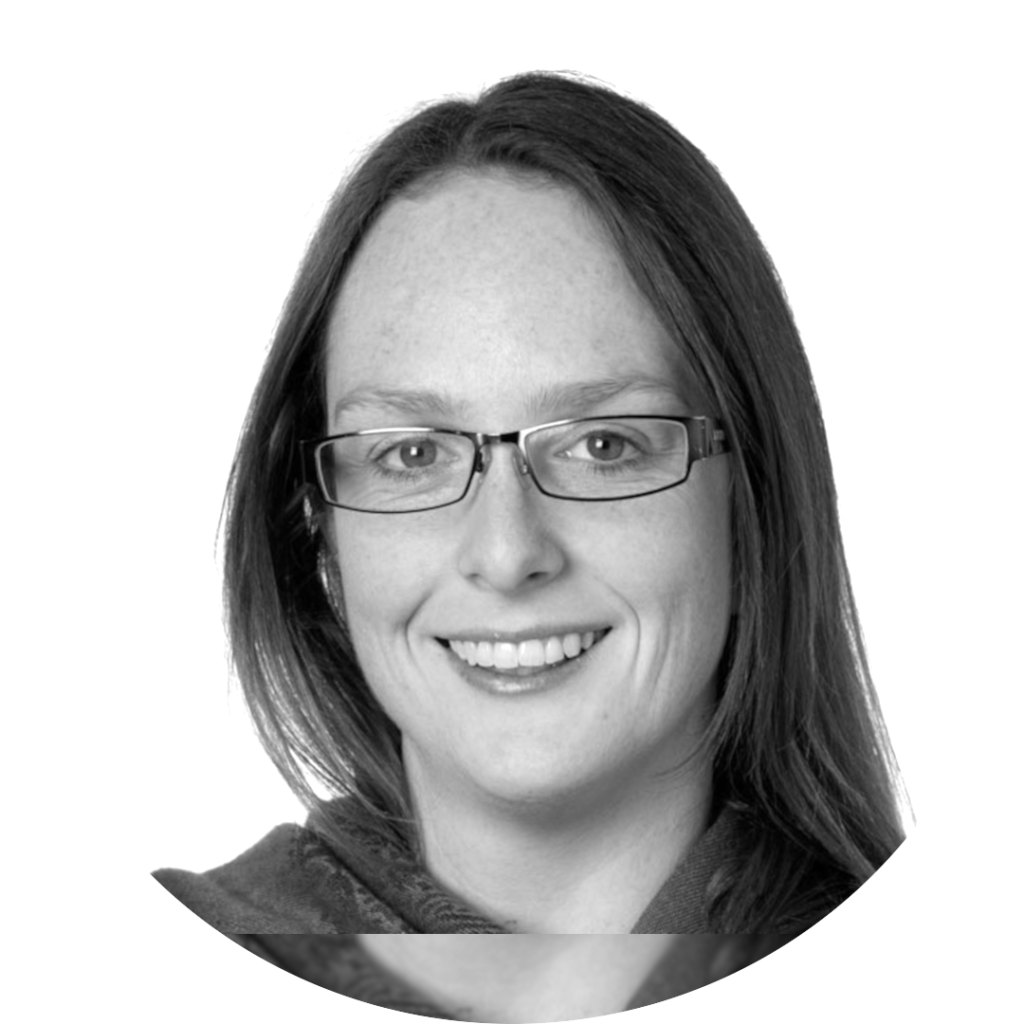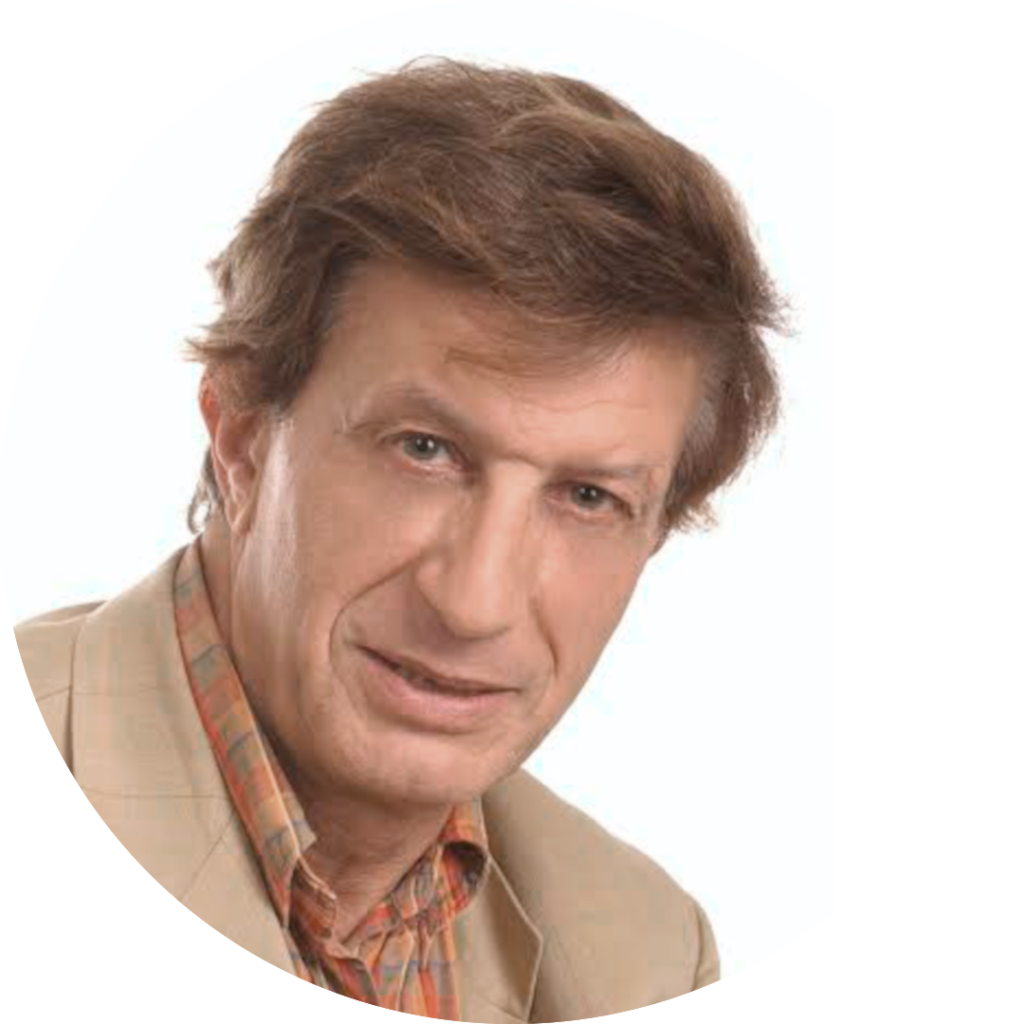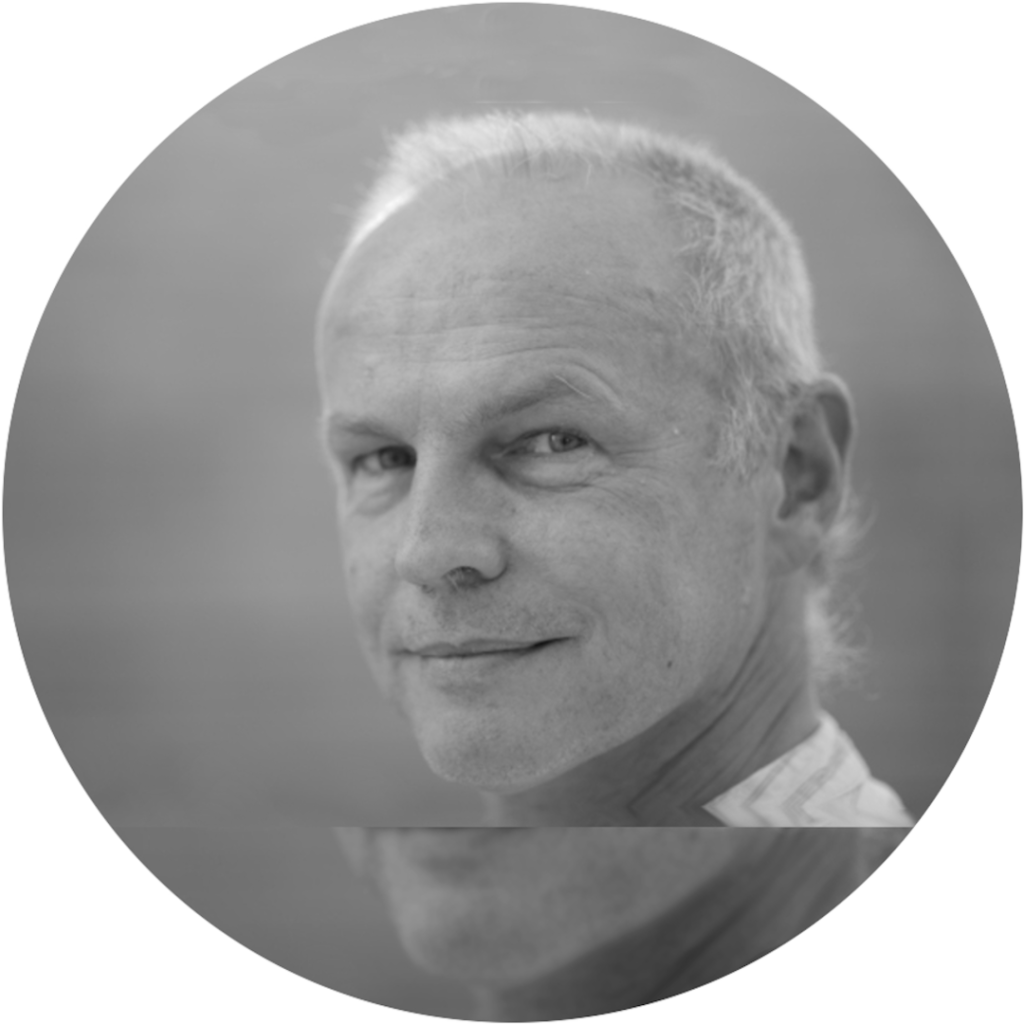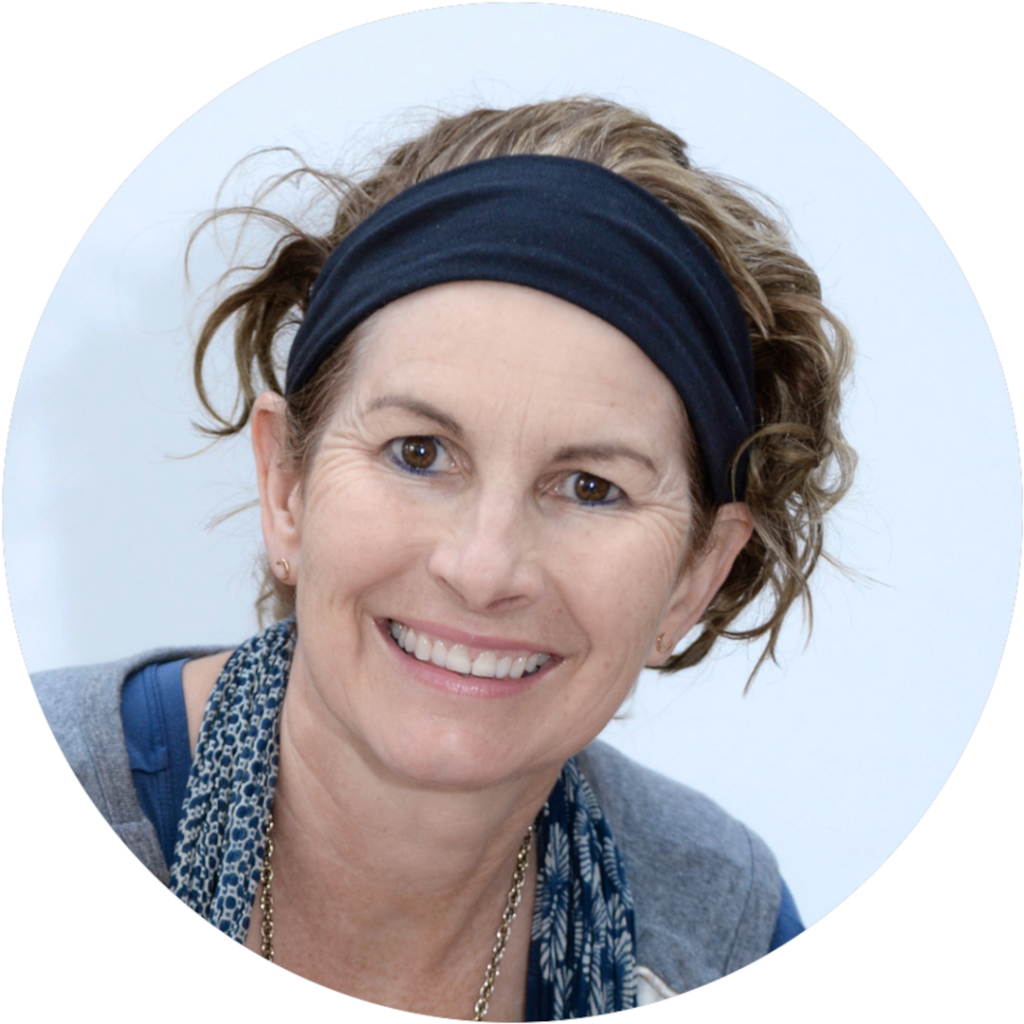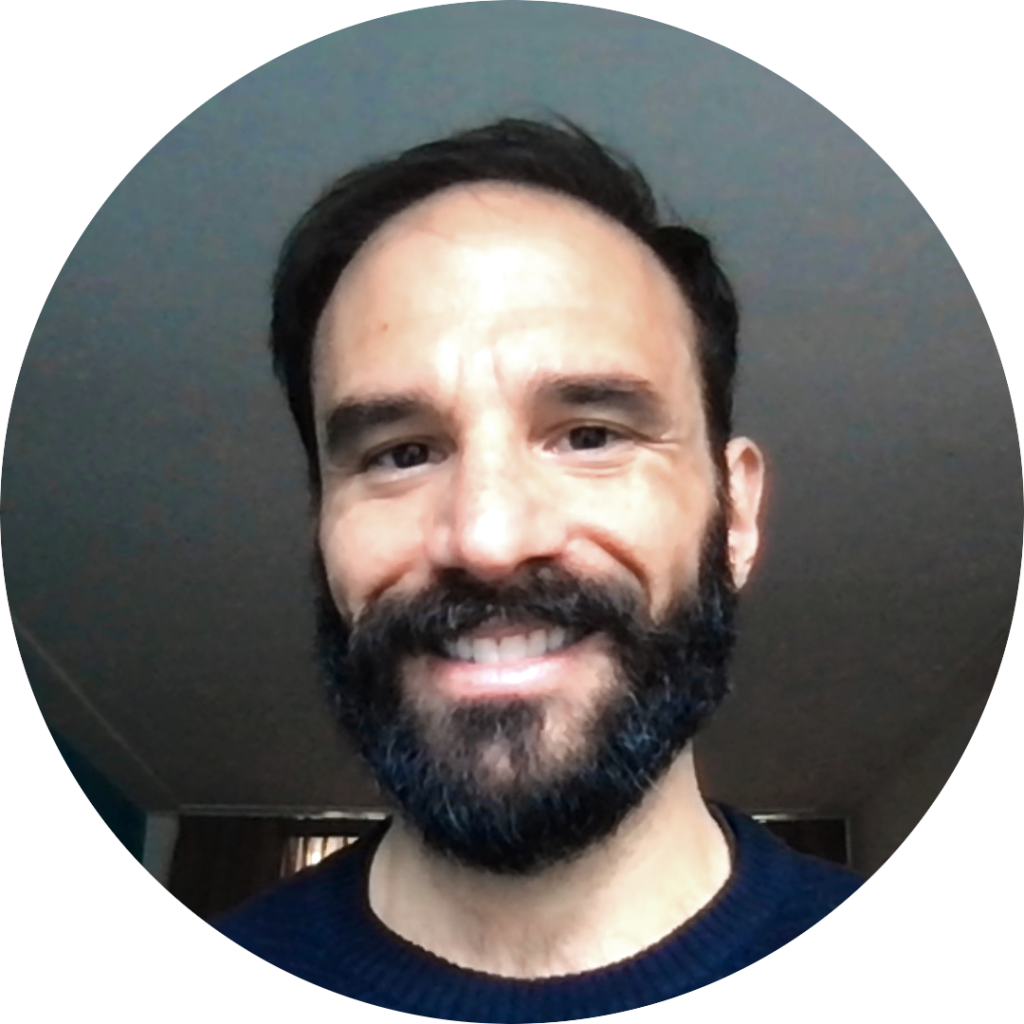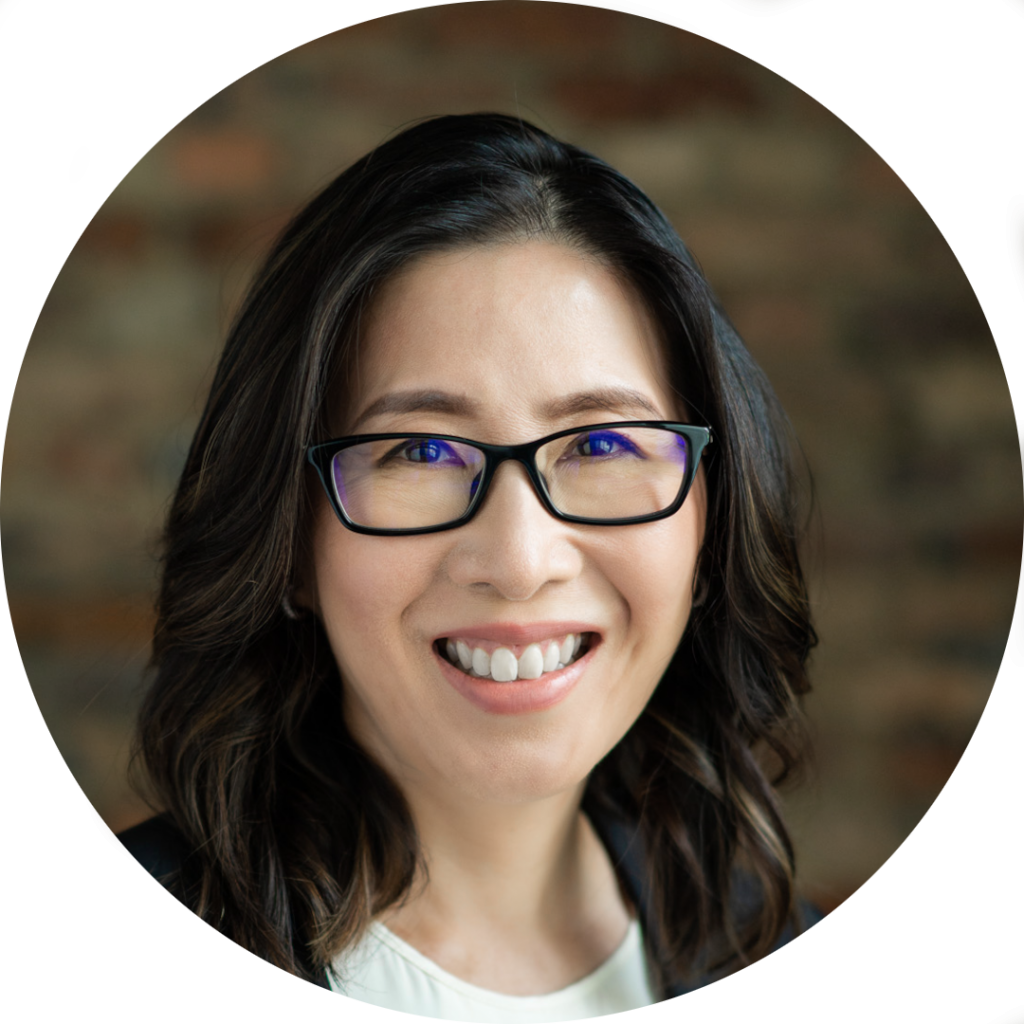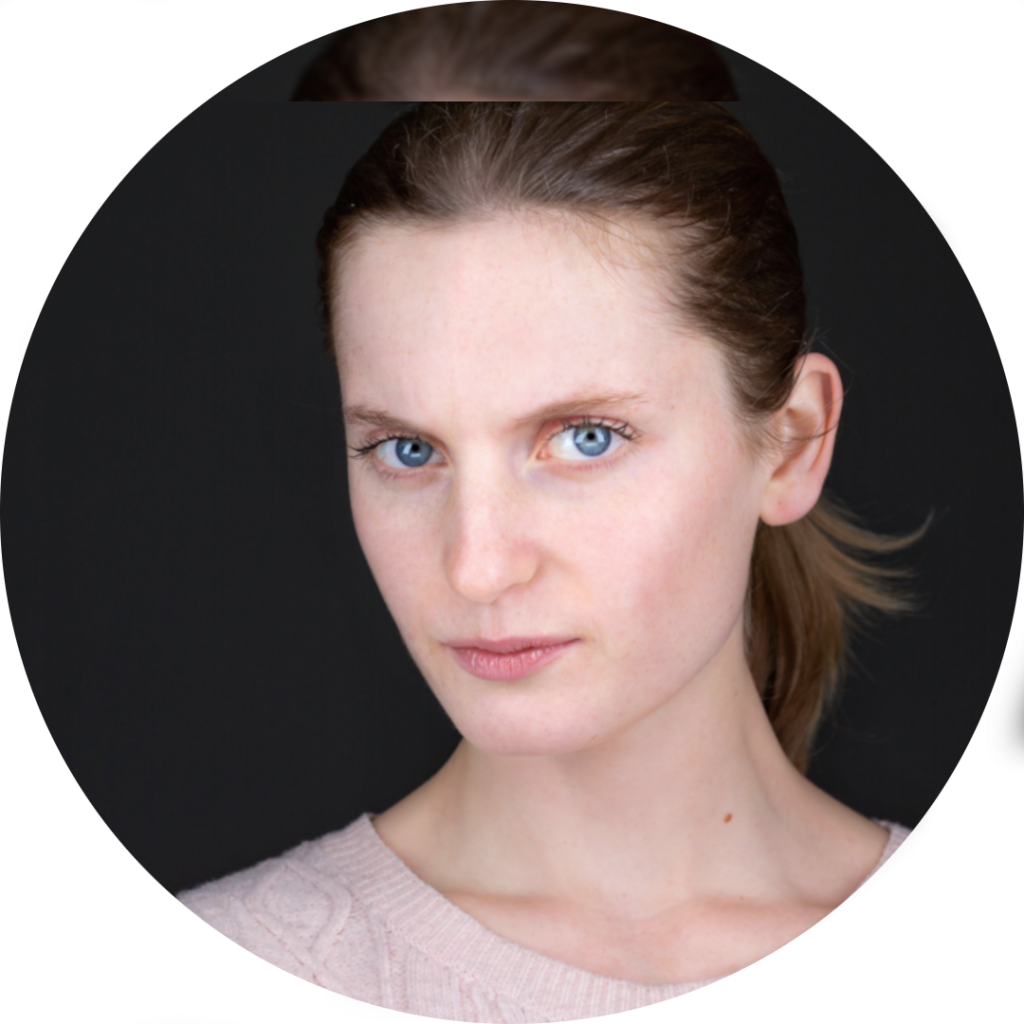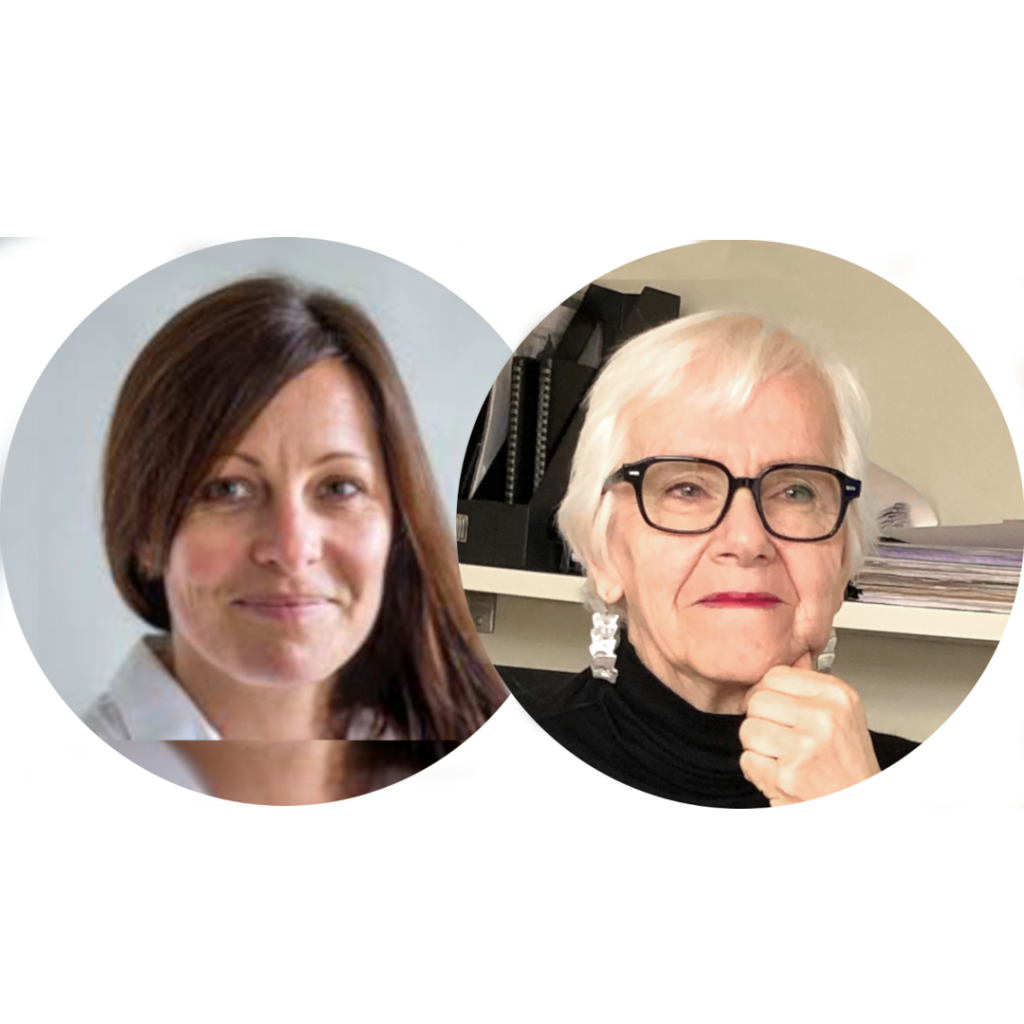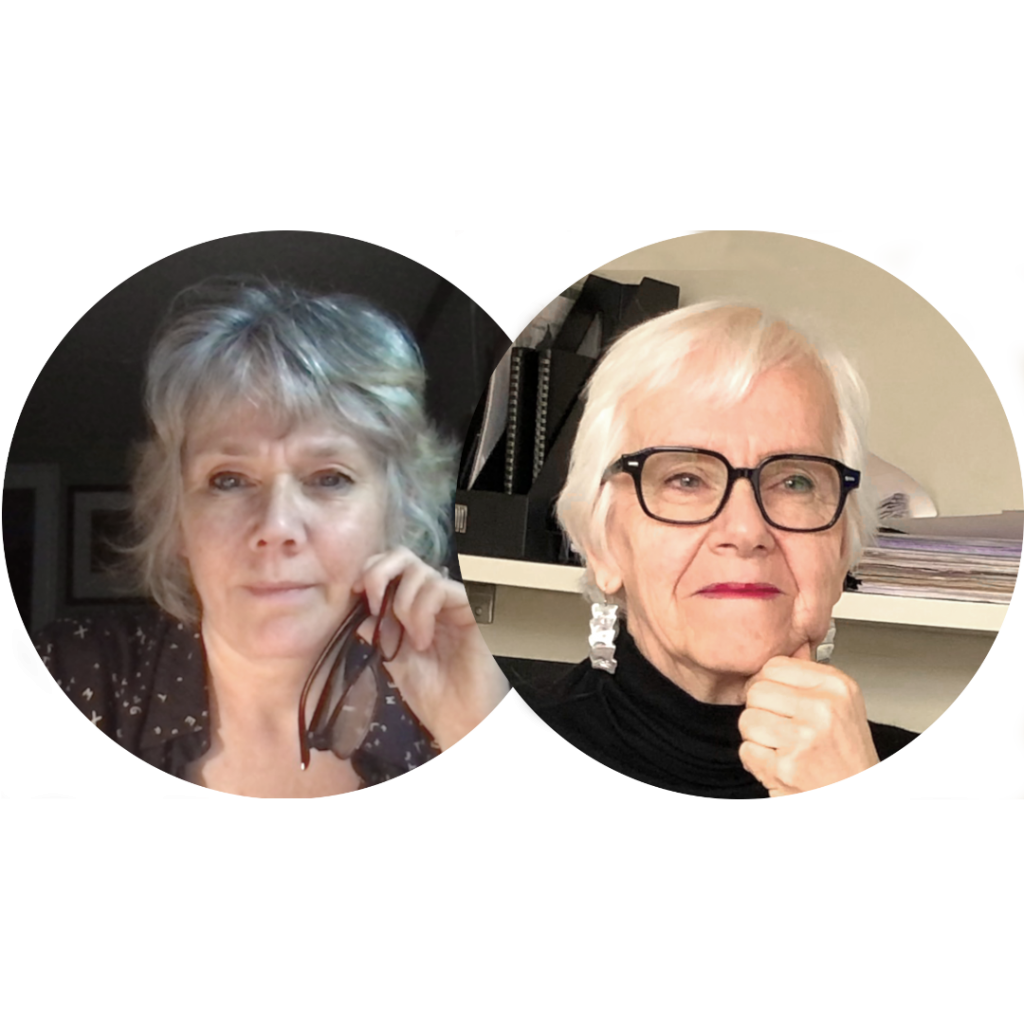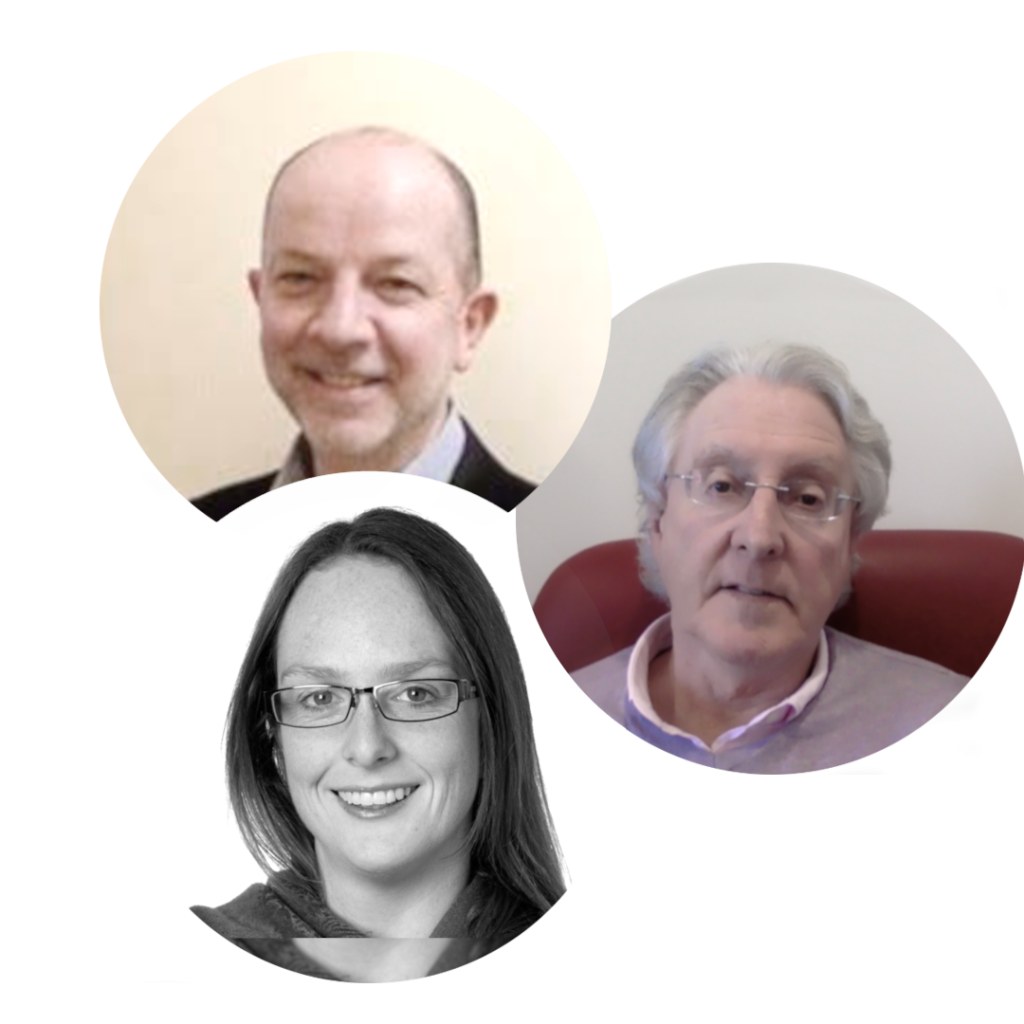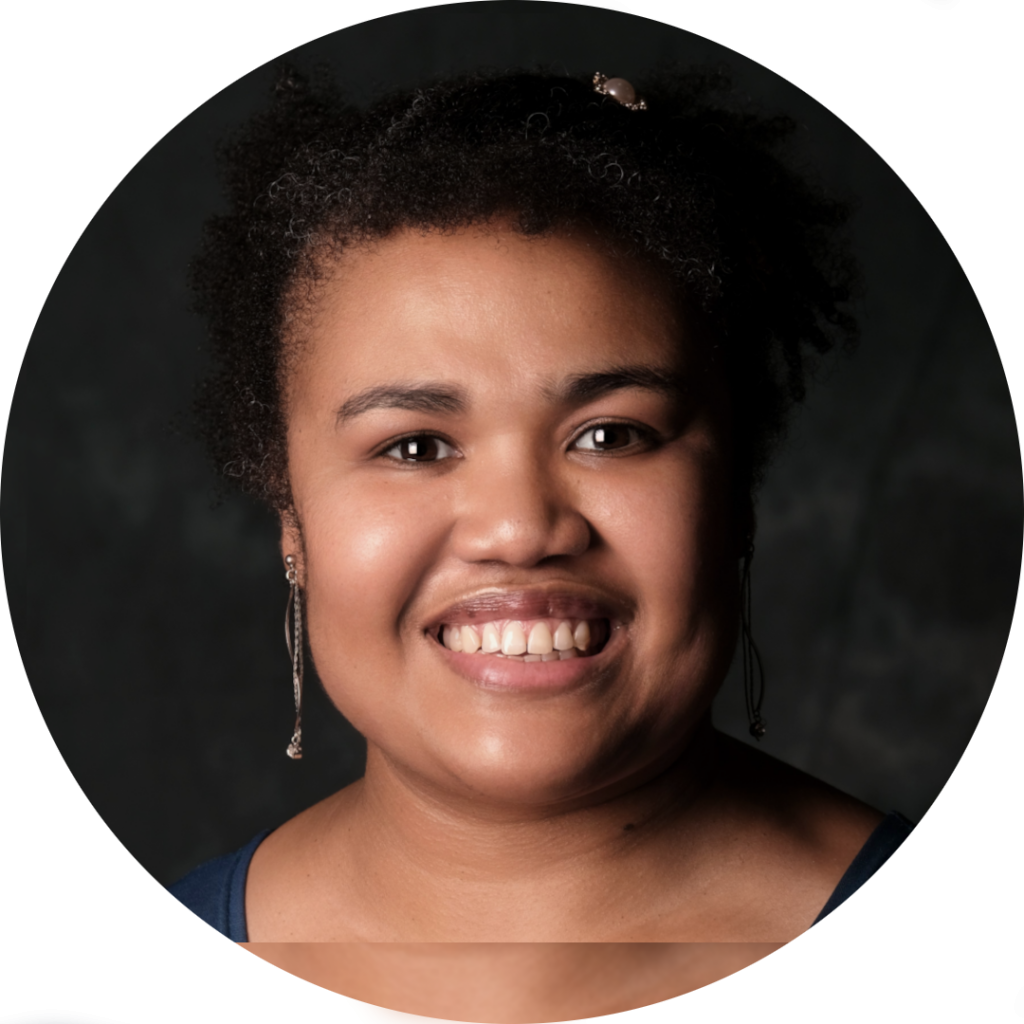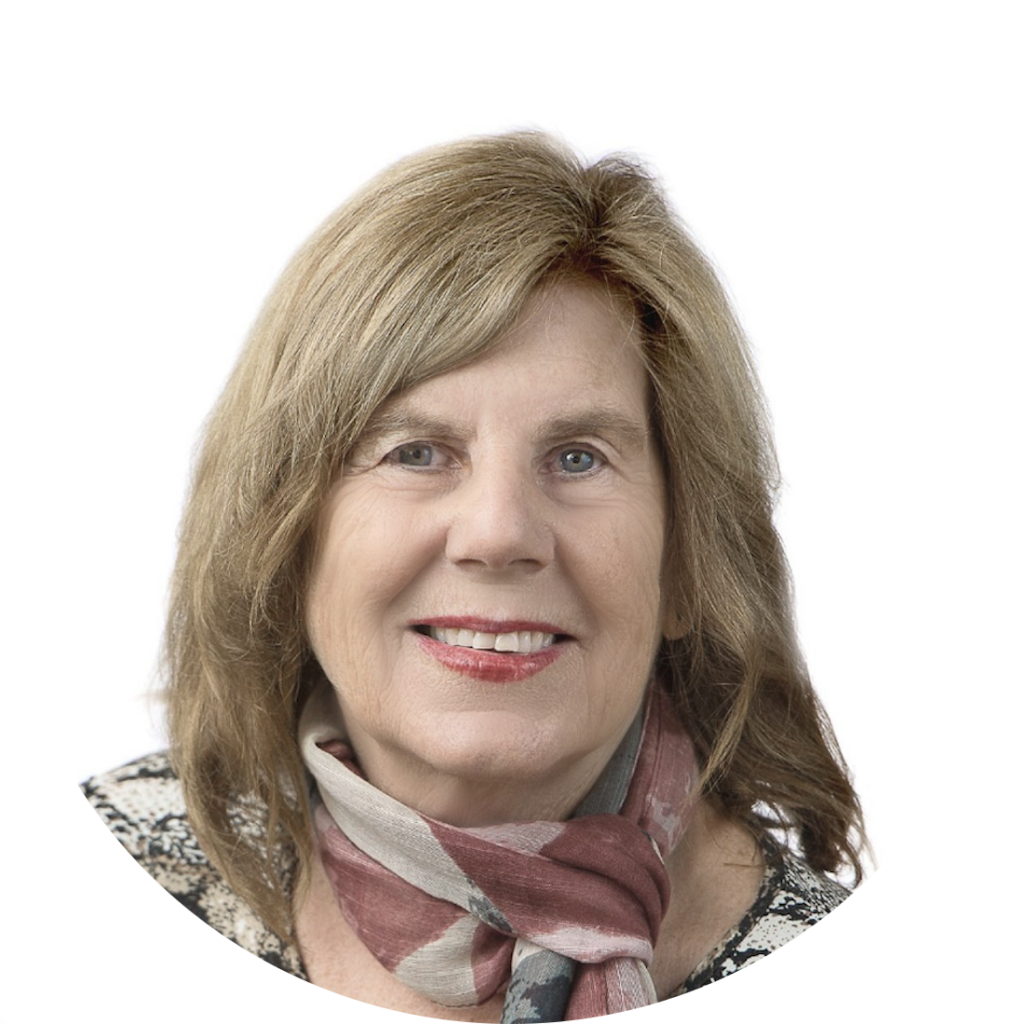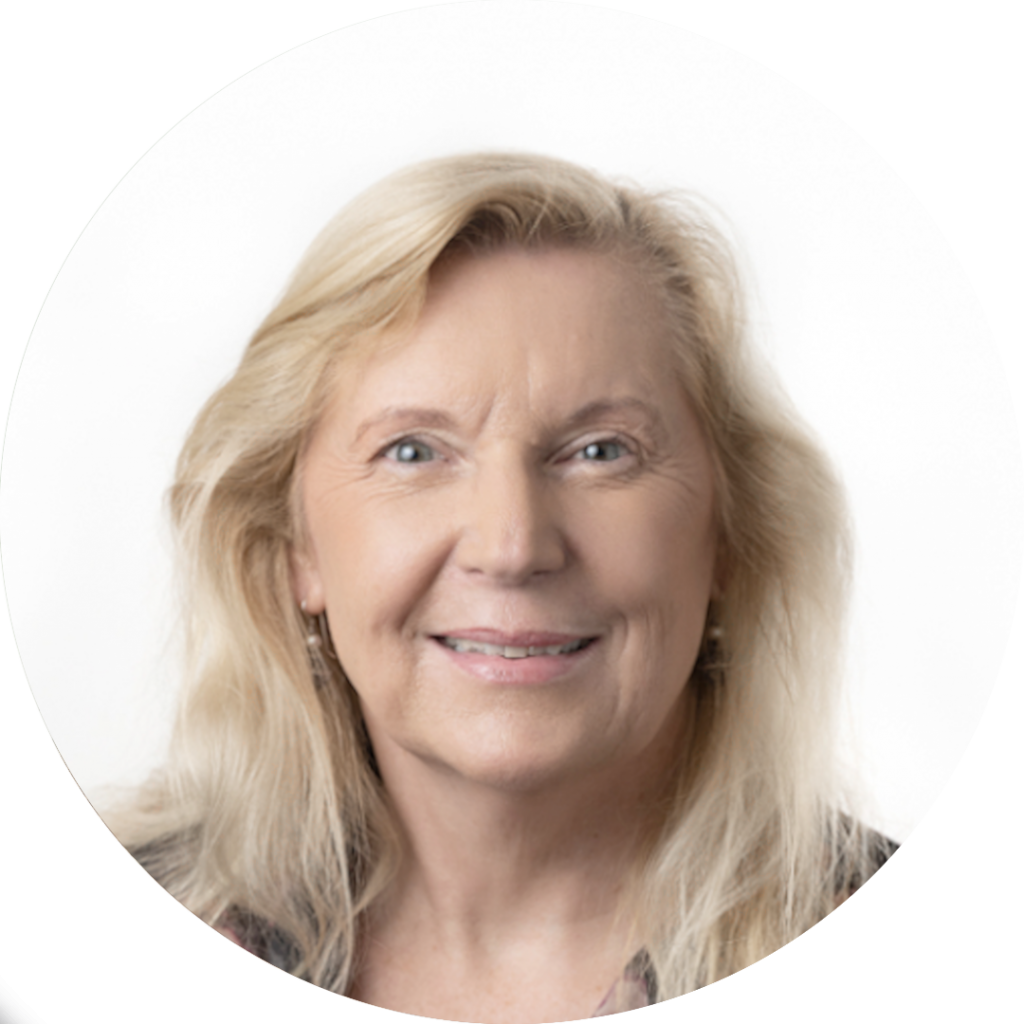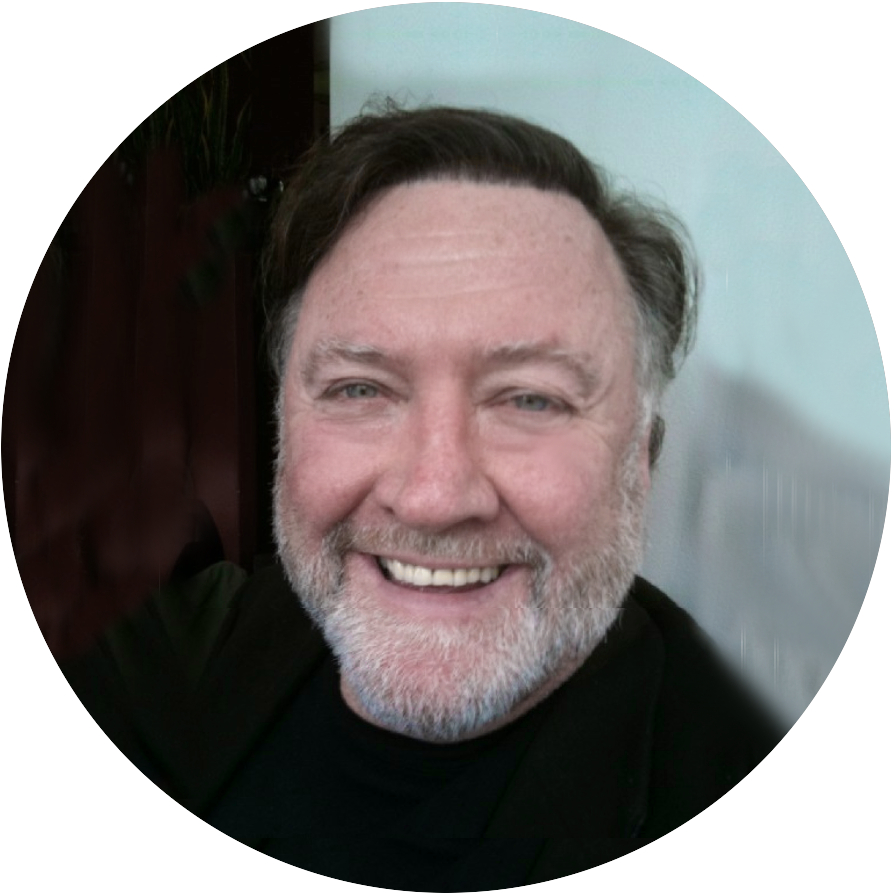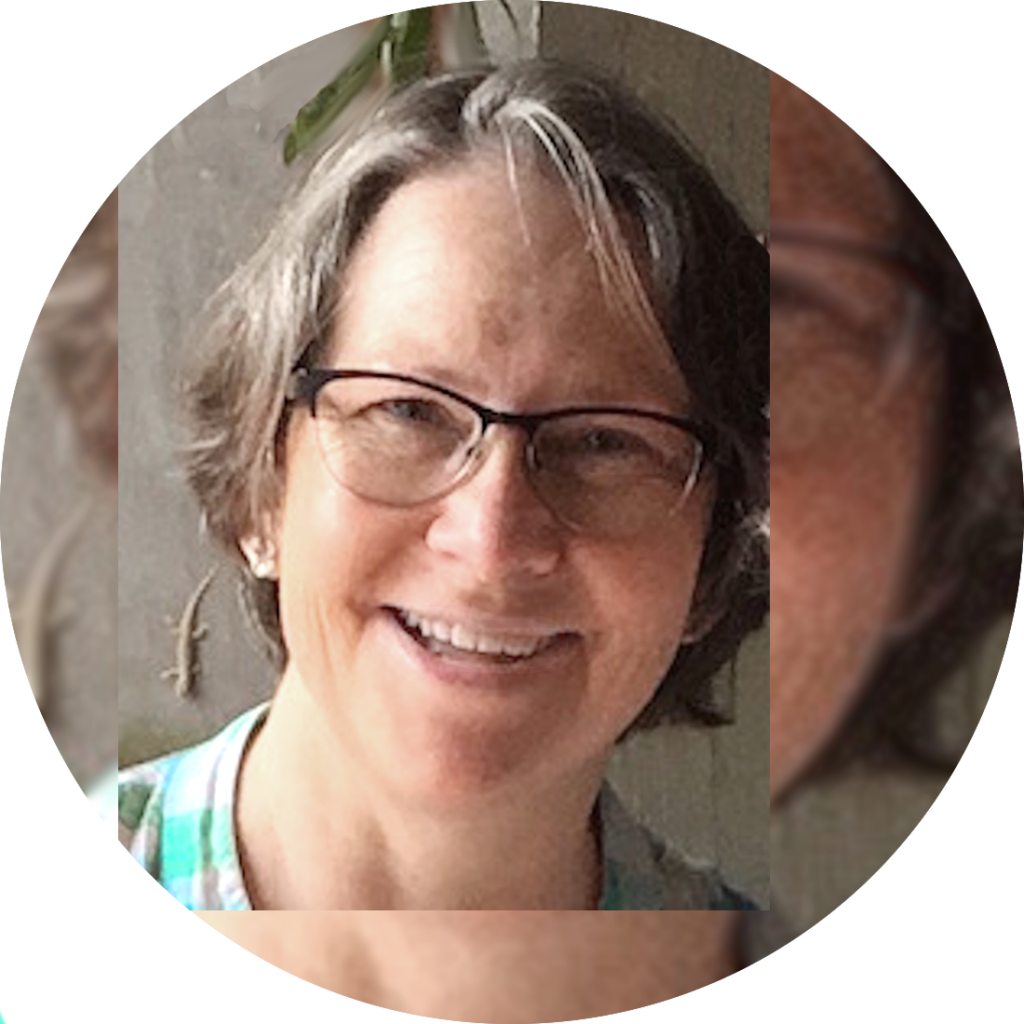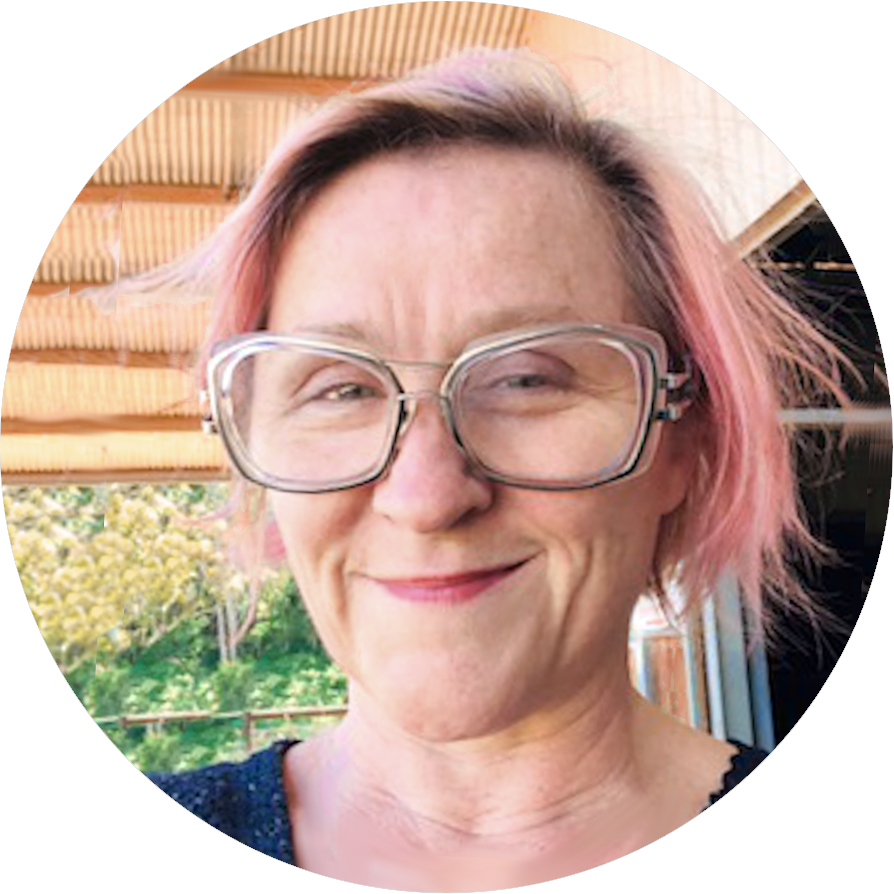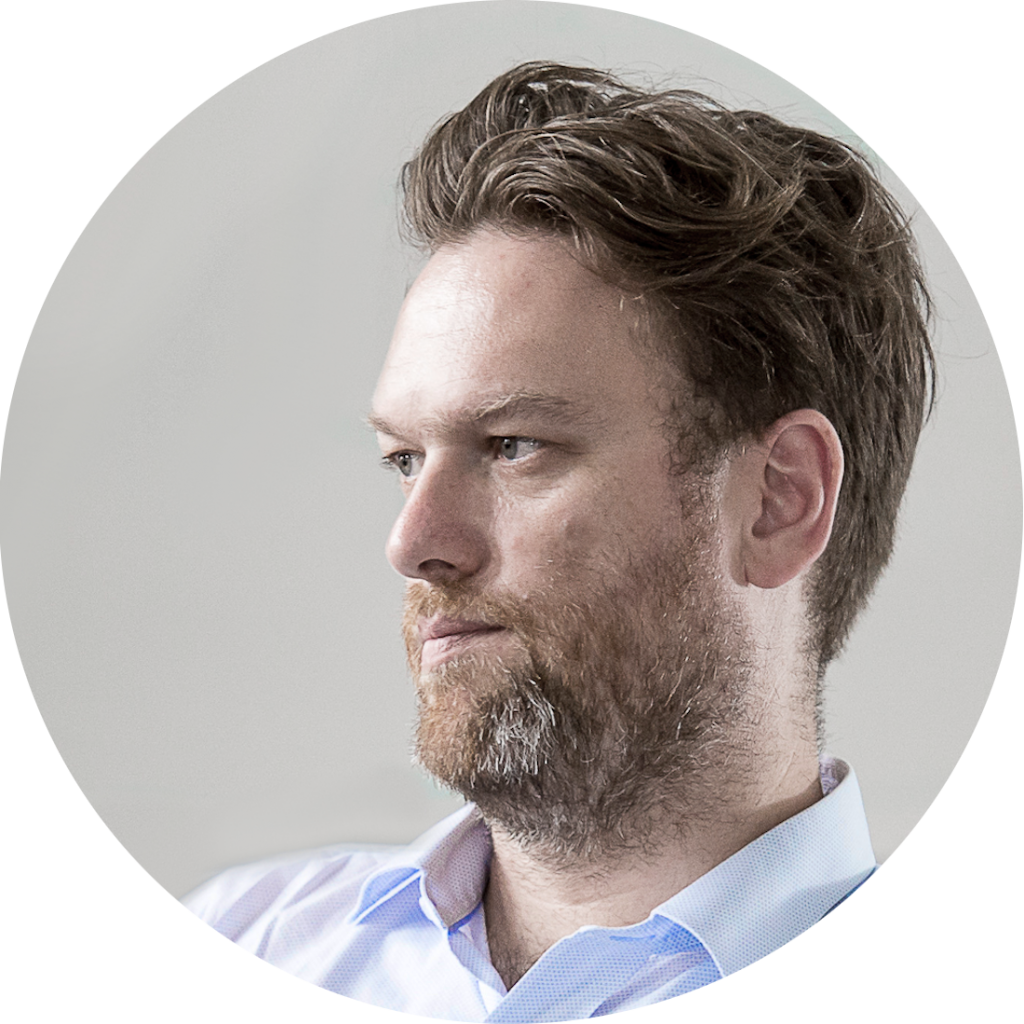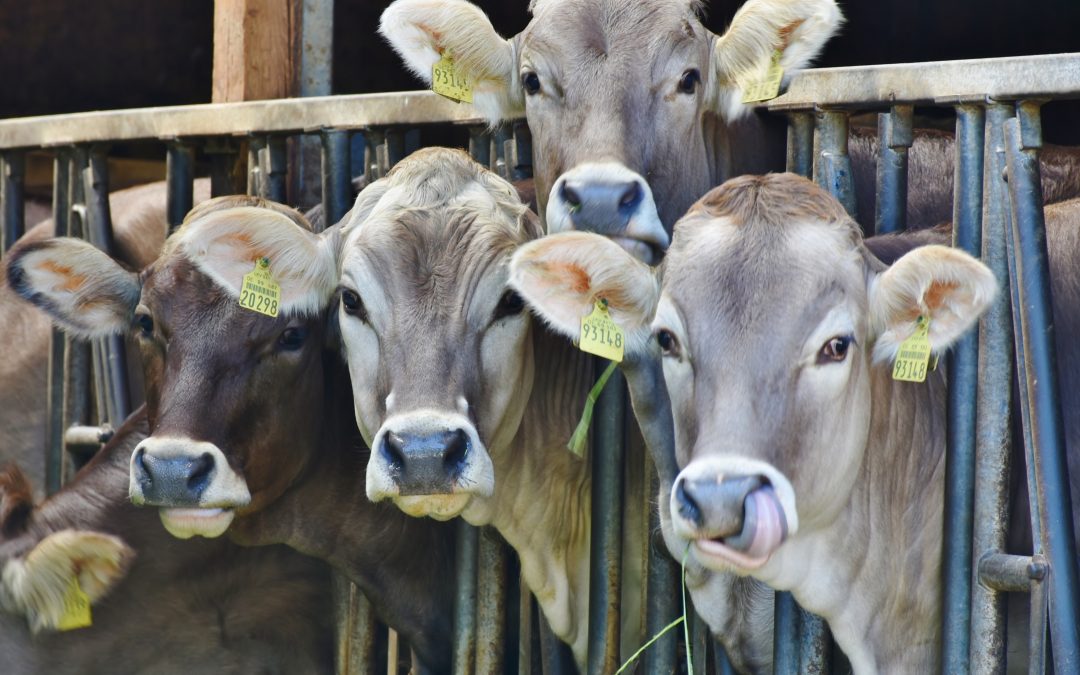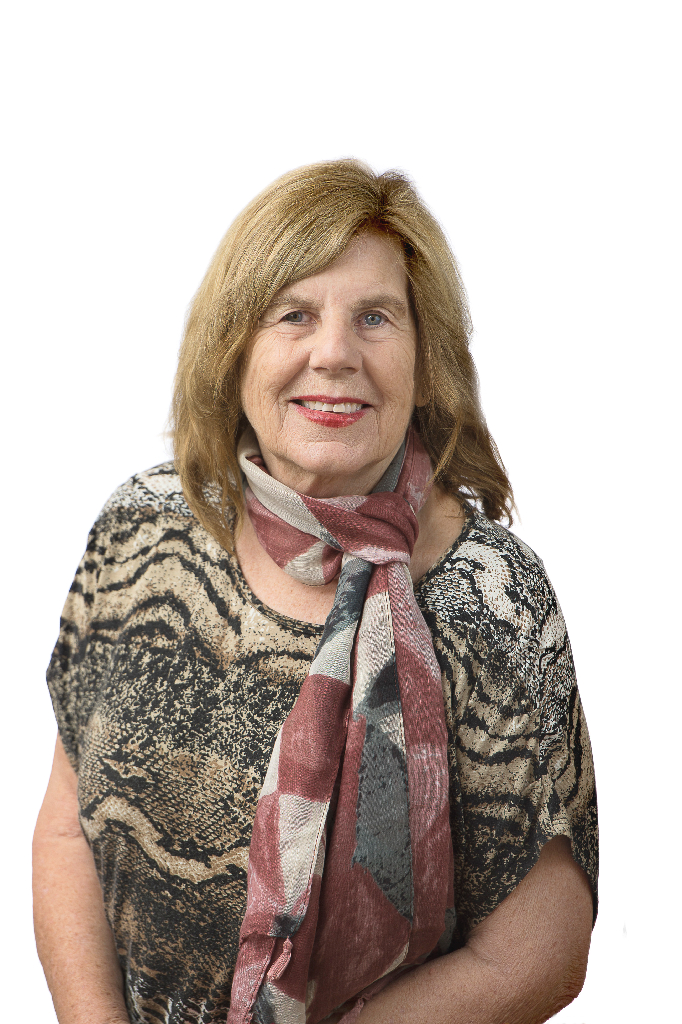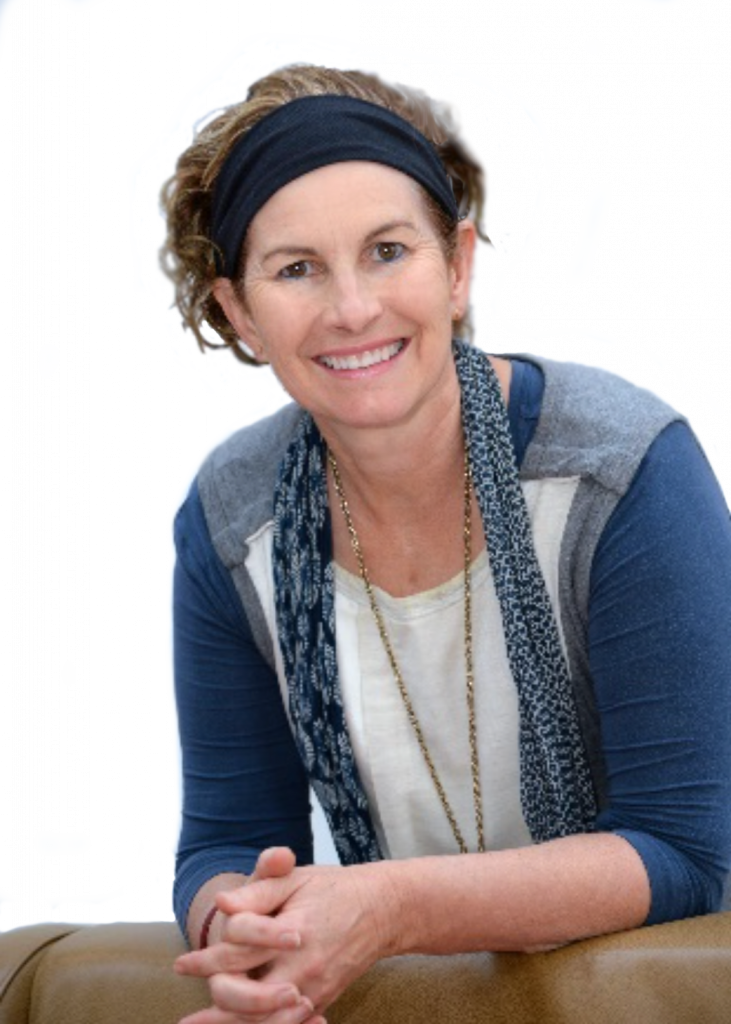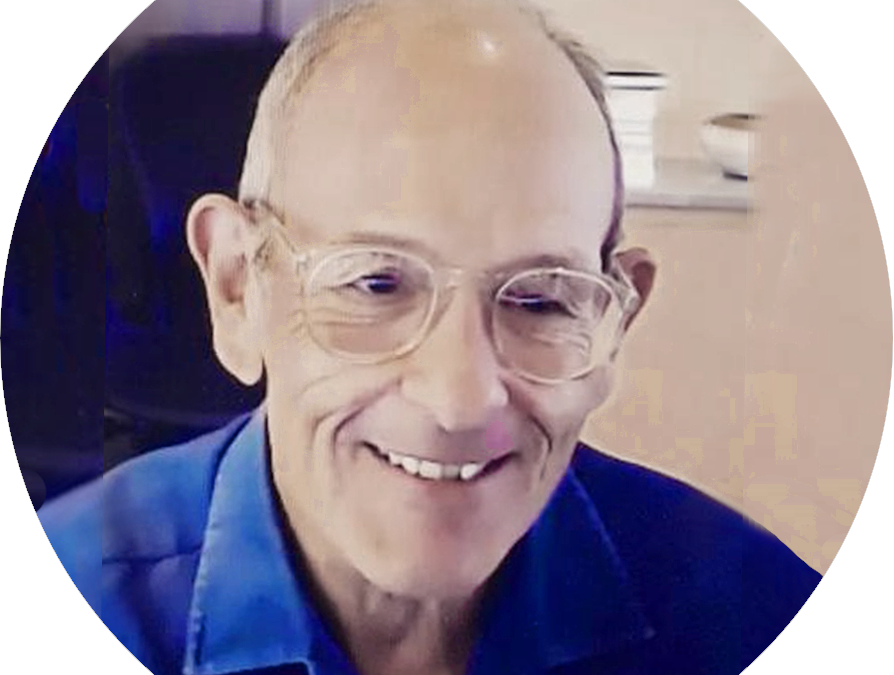
Conversation with James Krantz
A conversation
Exploring the relevance of socio-technical thinking to the emerging forms of work organisations
Dr James Krantz
Socio-technical is a key concept within systems psychodynamics, but it doesn’t get much airplay these days.
Dr James Krantz has generously offered to have a conversation with NIODA to “explore the relevance of socio-technical thinking to the emerging forms of work organisations.”
What do you think about the hybrid workplace in terms of socio-technology?
You are invited to join this conversation
Exploring the relevance of socio-technical thinking to the emerging forms of work organisations
with Dr James Krantz
Join live interactive online via Zoom on Friday 25 November, 4 – 6 pm (AEDT)
James Krantz, PhD
James Krantz is an organizational consultant and researcher from New York, where he is the Managing Principal of Worklab, a consulting firm focusing on strategy implementation and leadership development. His principal interests are with the impact of emerging trends on the exercise of leadership and authority; the social and technical dimensions of new forms of work organization; and the unconscious background to work and organizational life. Currently, Jim serves as an Honorary Professor at the Higher School of Economics in Moscow; Chair of the Editorial Committee of the Journal of Organisational and Social Dynamics; and Faculty, Dynamics of Consulting at the Wharton School.
A conversation with Jim Krantz
Day(s)
:
Hour(s)
:
Minute(s)
:
Second(s)
When & Where
A conversation with Dr James Krantz
📆 Date
Friday 25 November 2022
⏰ Session Times
4 – 6 pm 🇨🇰 Melbourne
12 mid – 2 am (eek!) 🇺🇸 New York
5 – 7 am 🇬🇧 London
6 – 8 am 🇳🇱 Amsterdam
7 – 9 am 🇿🇦 Cape Town
10.30 am – 12.30 pm 🇮🇳 New Delhi
1 – 3 pm 🇸🇬 Singapore
6 – 8 pm 🇳🇿 Wellington
💷 For only
AUD $35 (discounts available)
👩🏻💻 Location
Live interactive online
About NIODA
The National Institute of Organisation Dynamics Australia (NIODA) offers internationally renowned post-graduate education and research in organisation dynamics, and decades of experience consulting with Australian organisations.
The study of organisation dynamics brings together socio-technical and psychoanalytic disciplines to explore the unconscious dynamics that exist in every group, team or organisation. Learning more about these theories, and reflecting on the experience of them, can support leaders and managers to unlock great potential in their organisations, tackling issues through a whole new light.
PO Box 287, Collins Street West,
Melbourne 8007 Australia
+61 (0) 414 529 867
info@nioda.org.au
NIODA acknowledges the Kulin Nations, and respective Traditional Custodians of the lands we work on.
We pay our respects to Elders past and present, and recognise their enduring sovereignty which has, and continues to, care for Country.
NIODA welcomes the Uluru Statement from the Heart’s invitation to walk with Aboriginal and Torres Strait Islander peoples in a collective movement for a better future.

